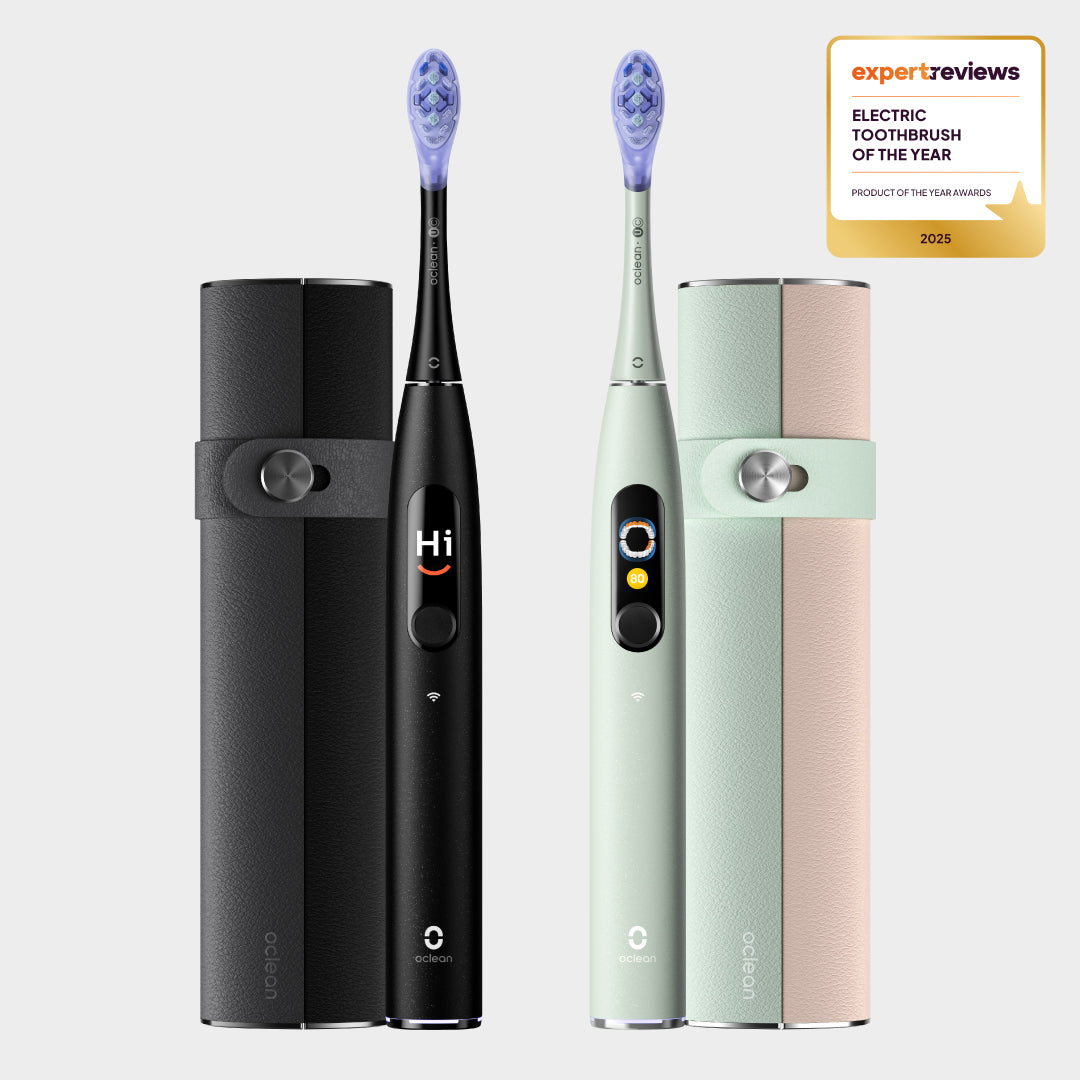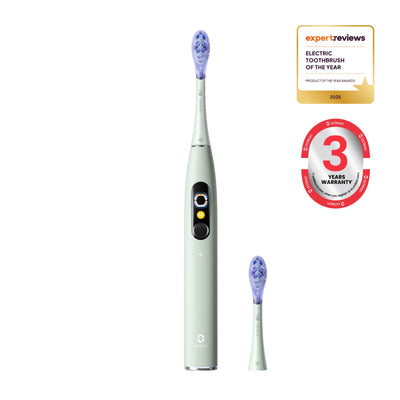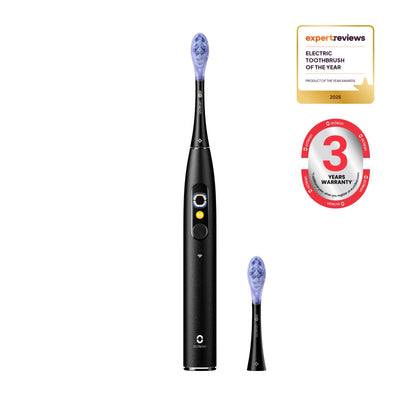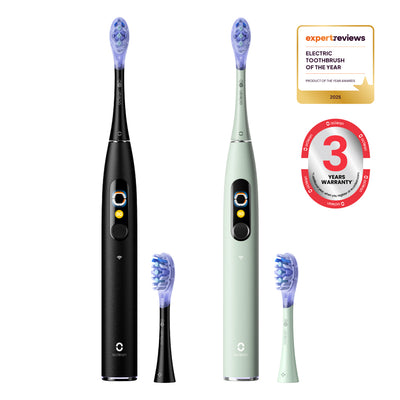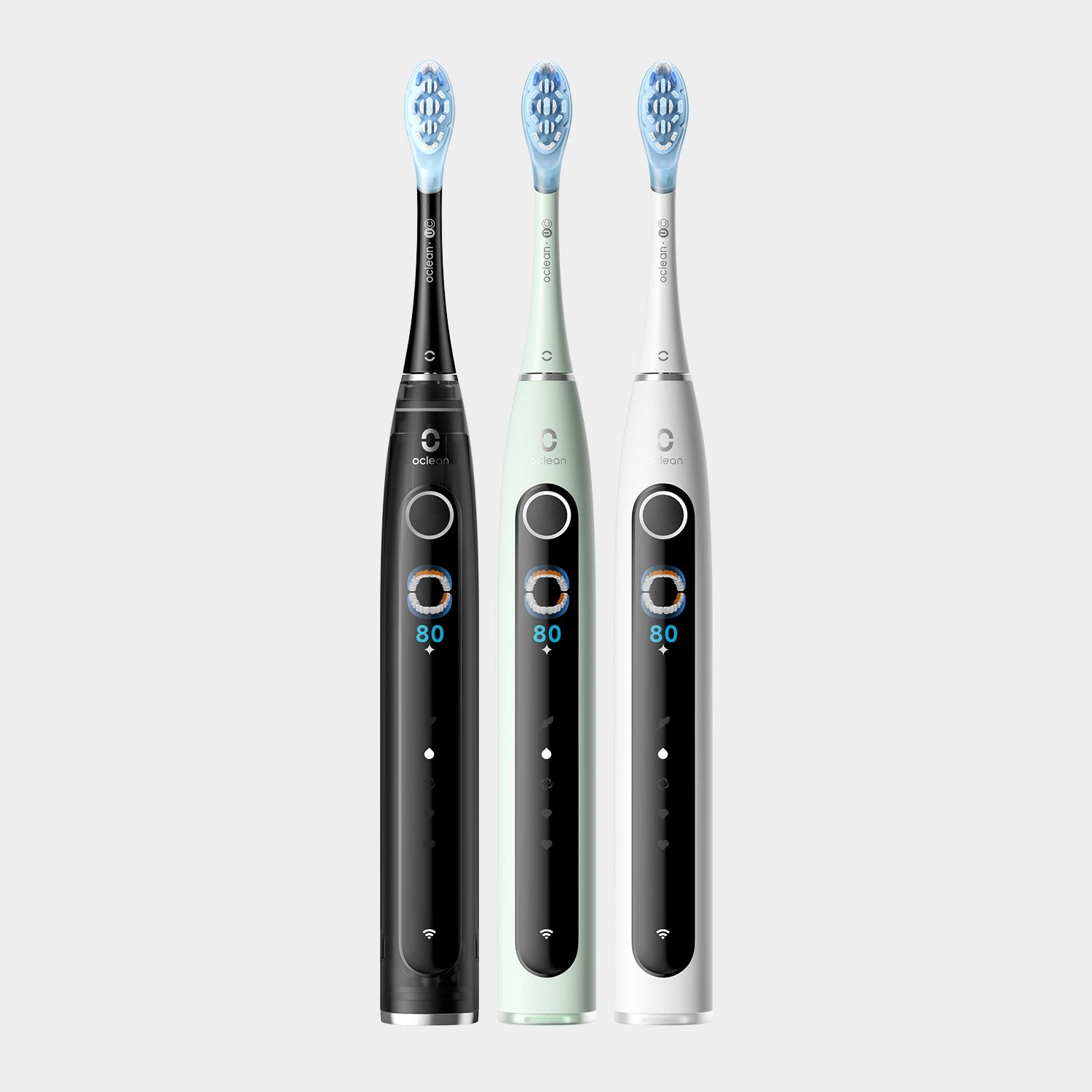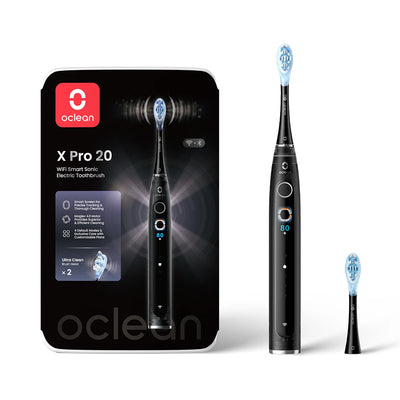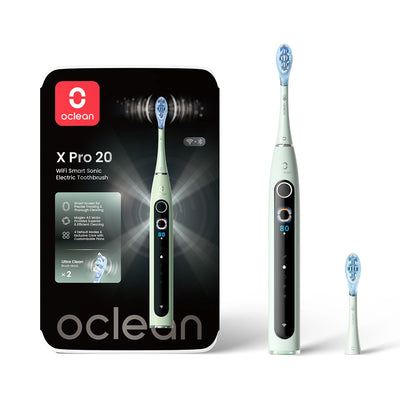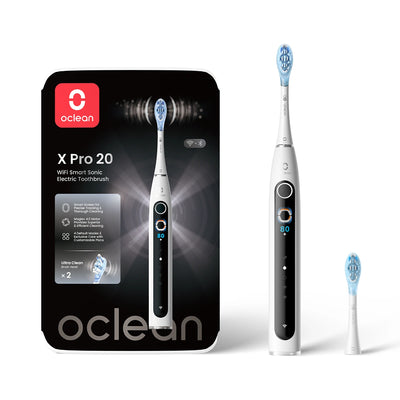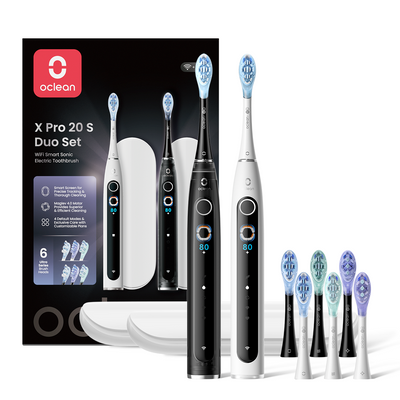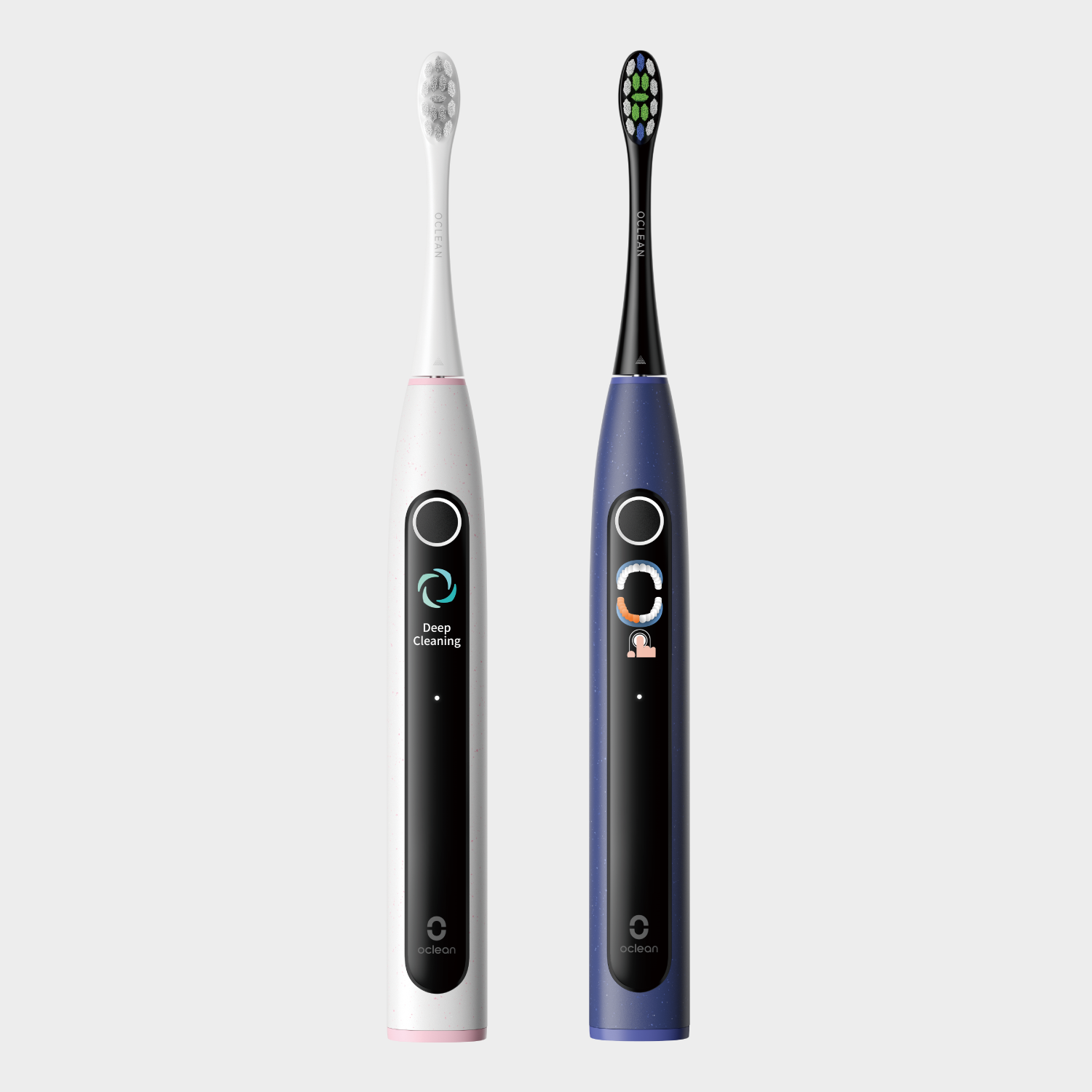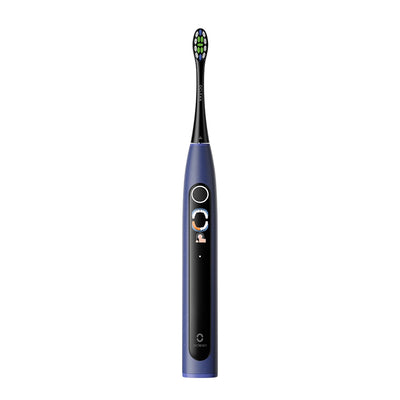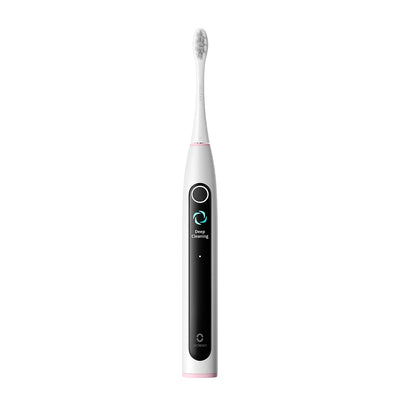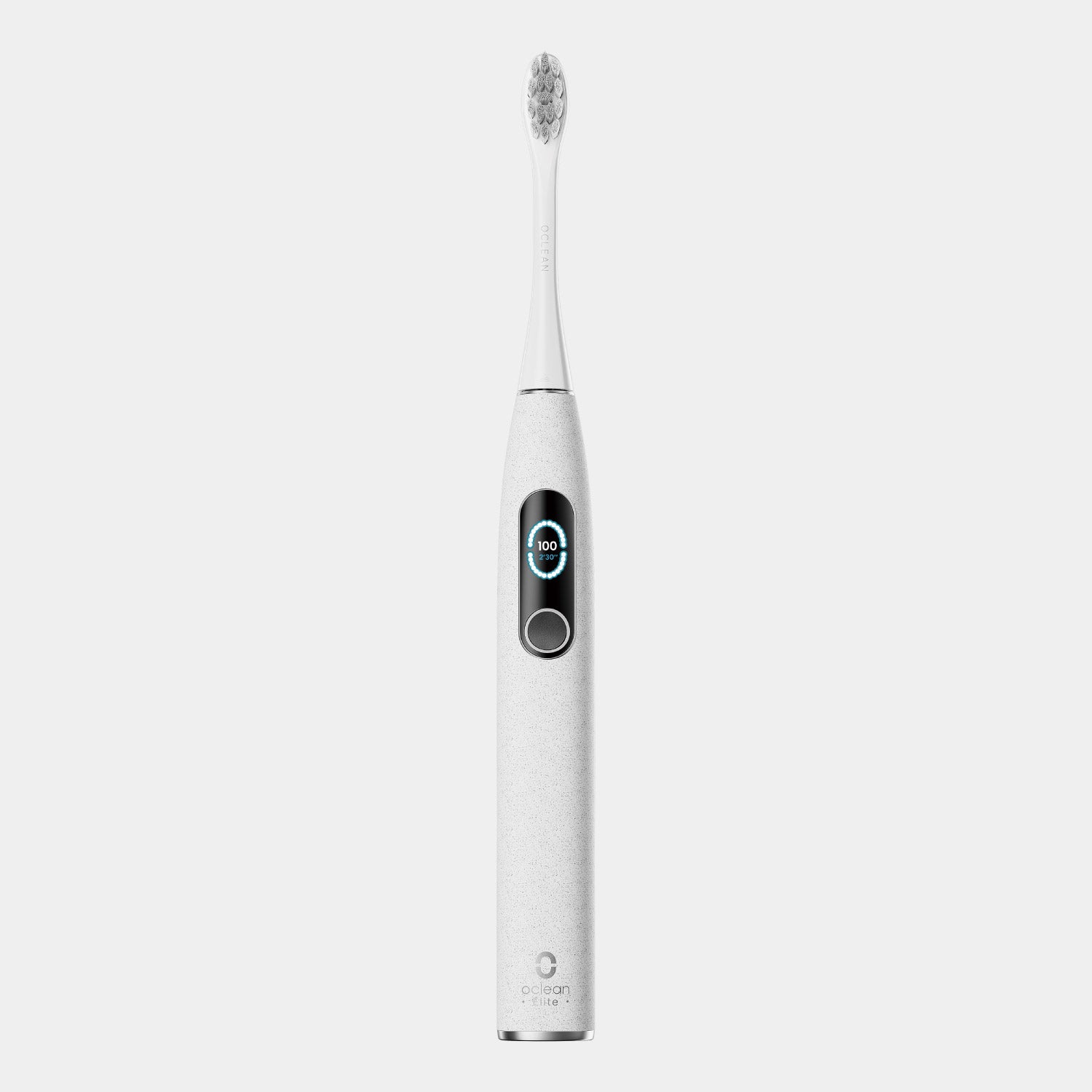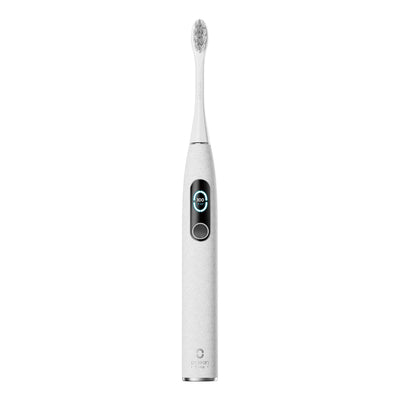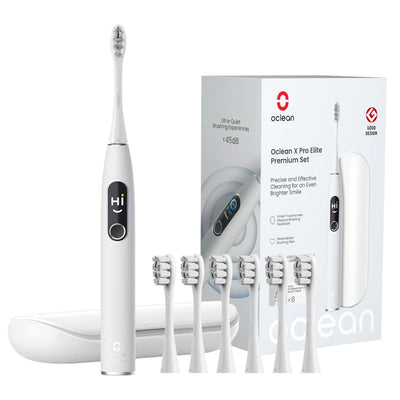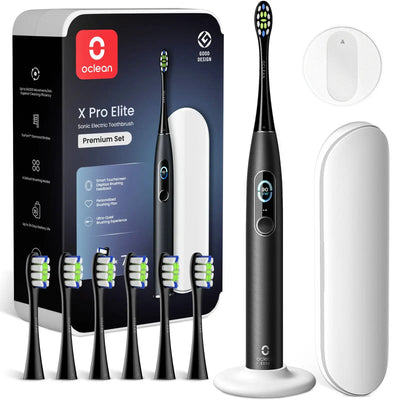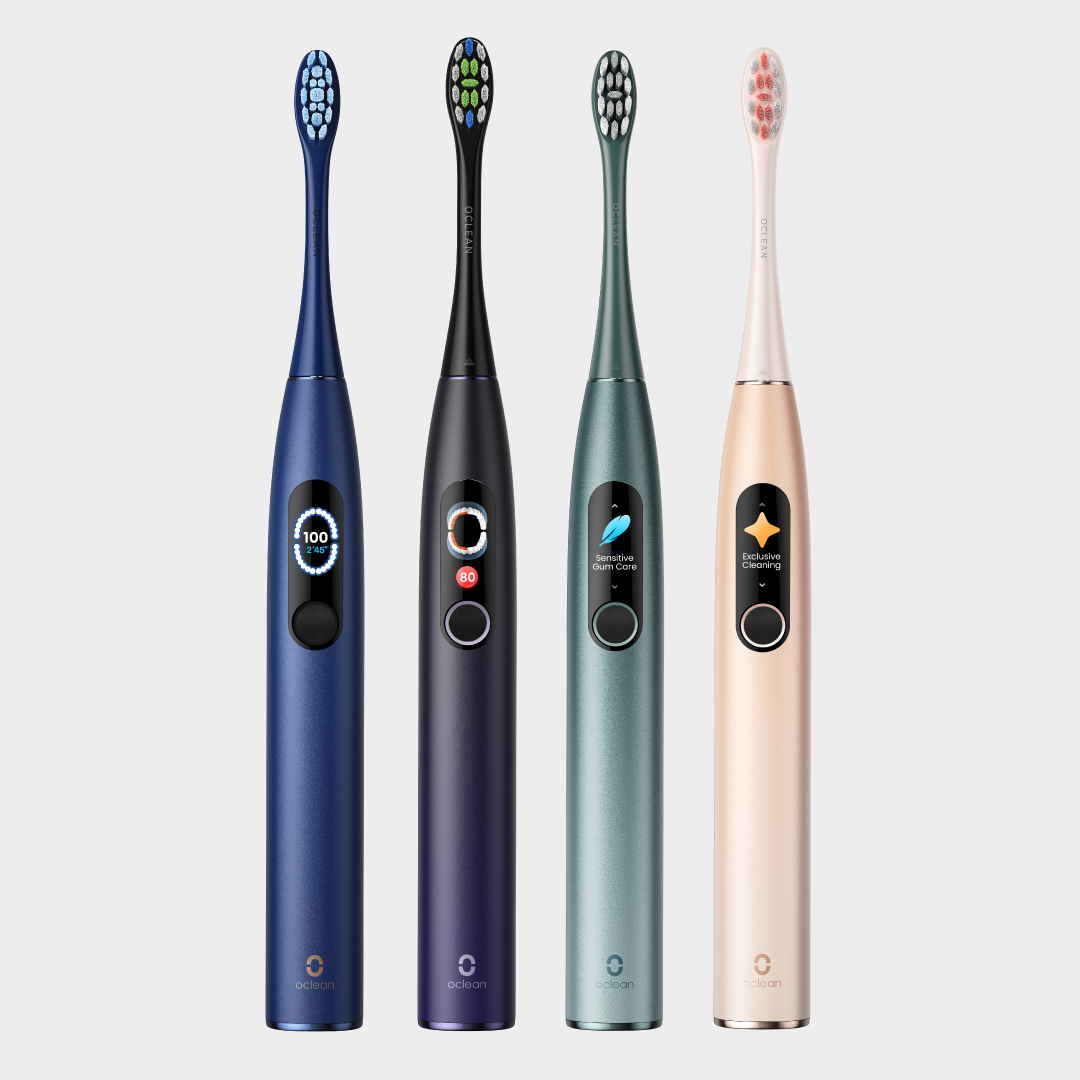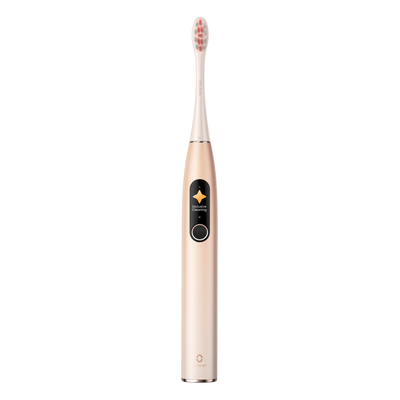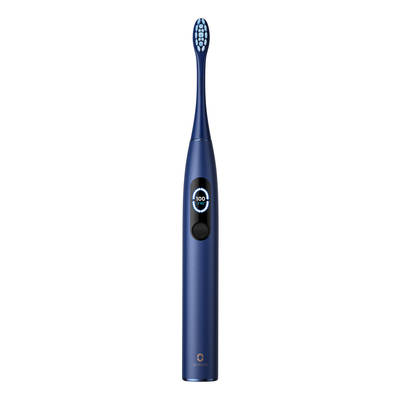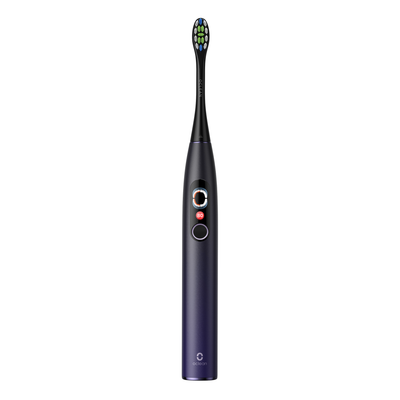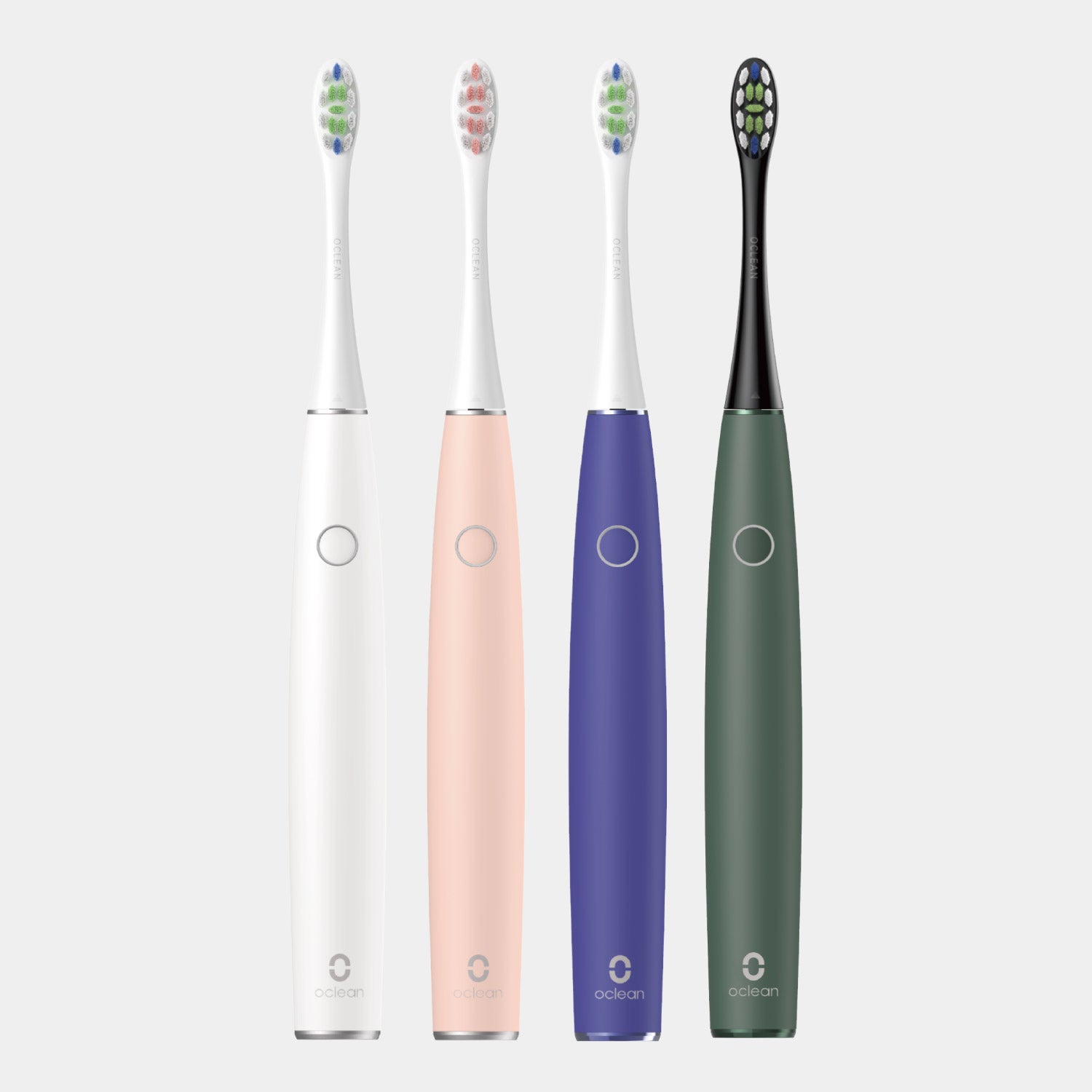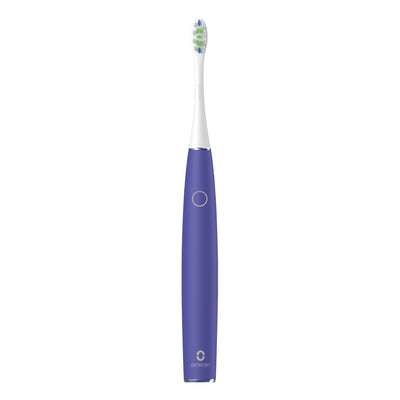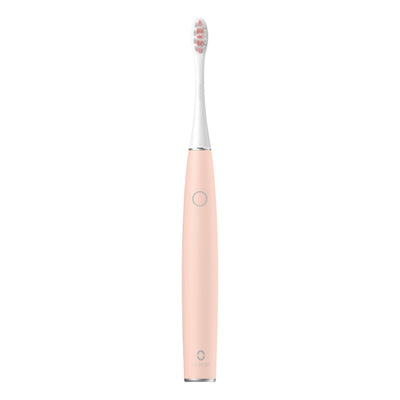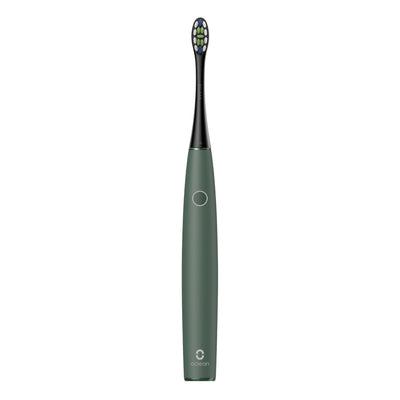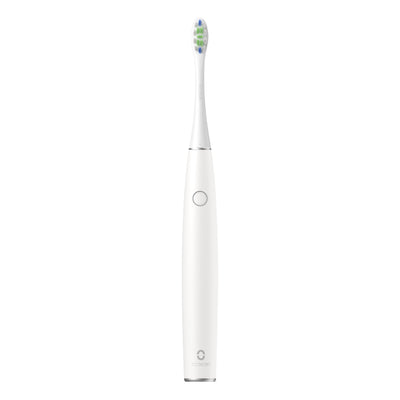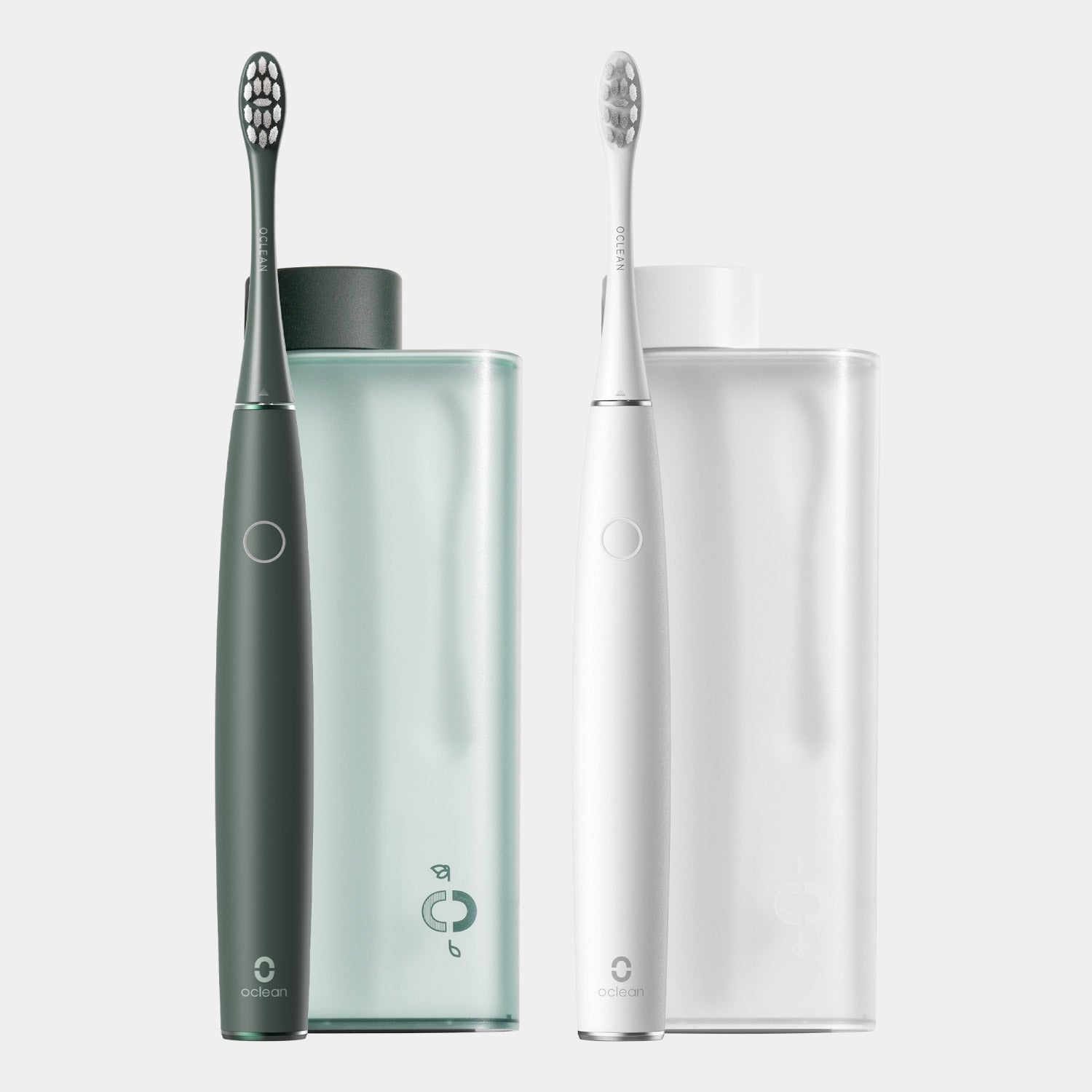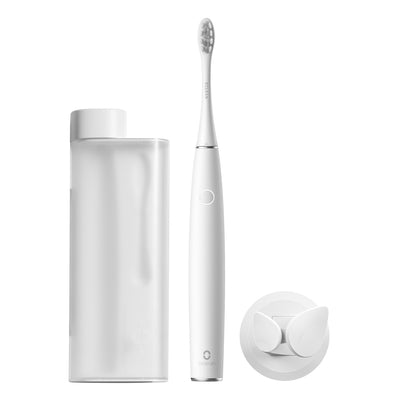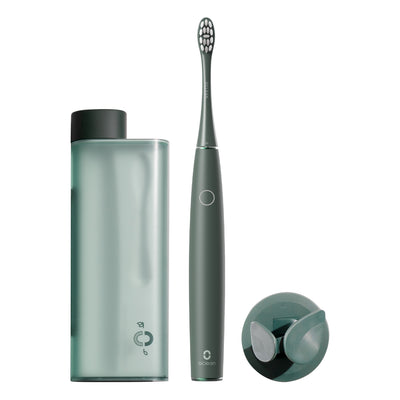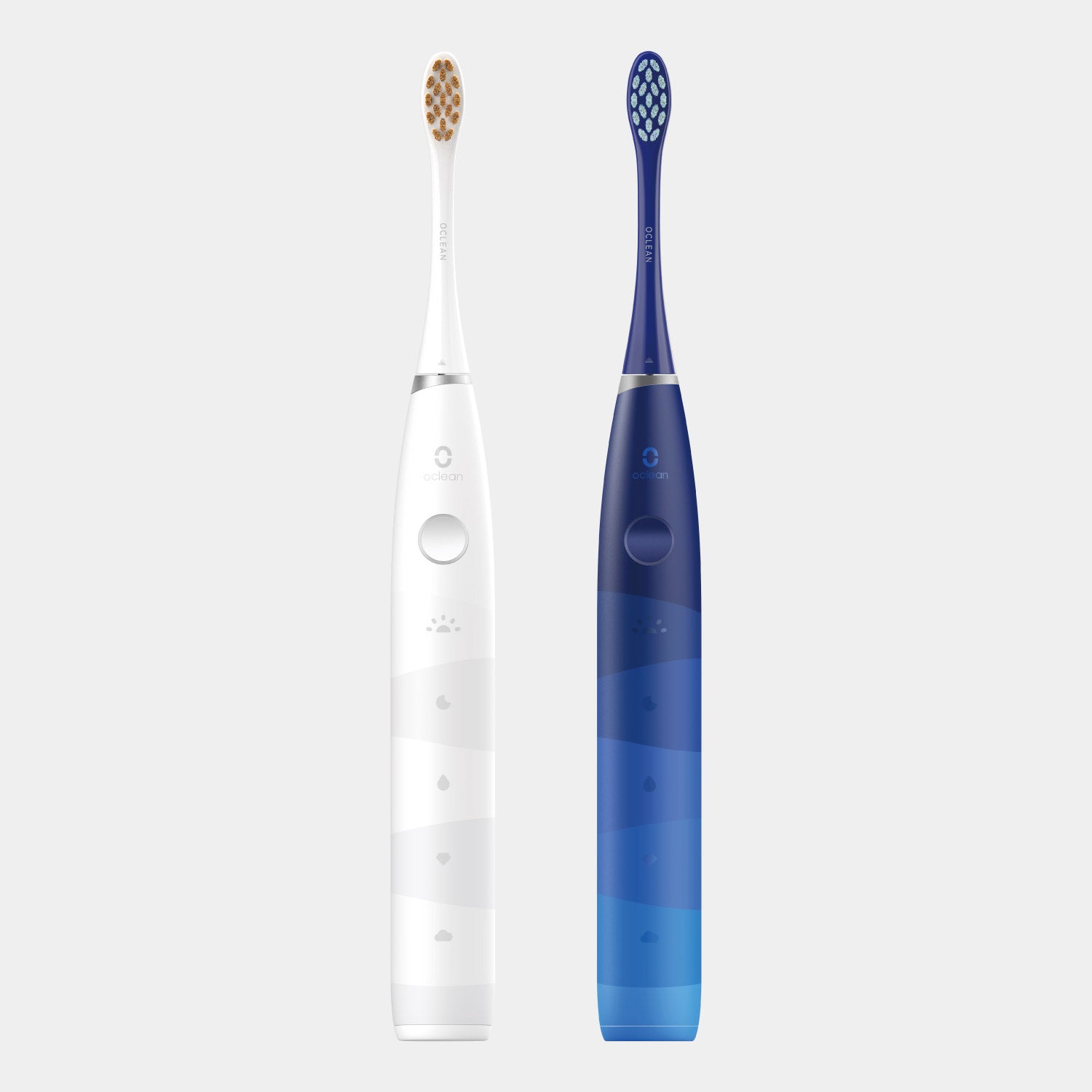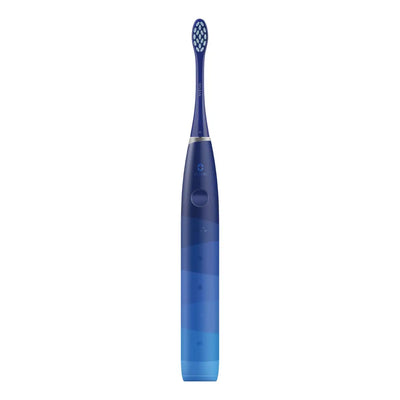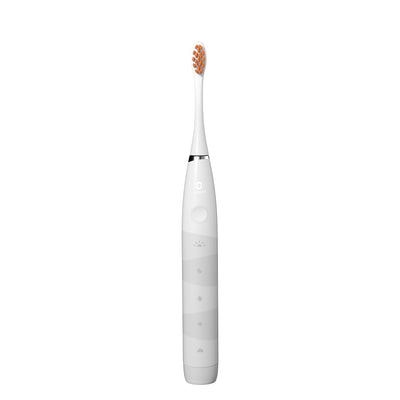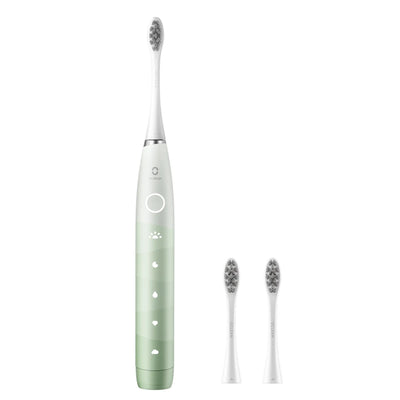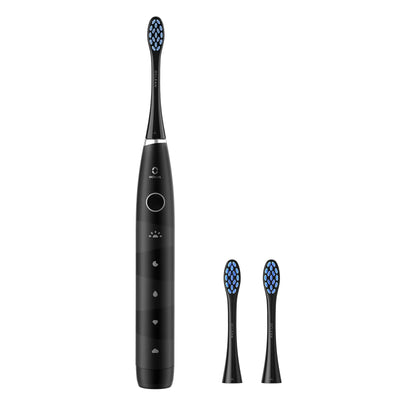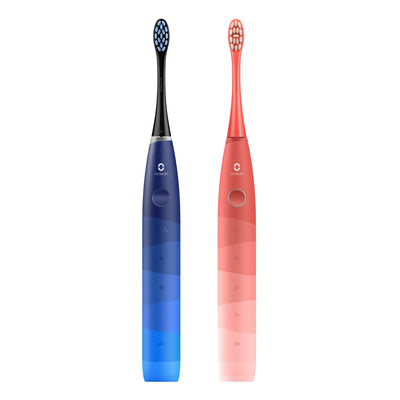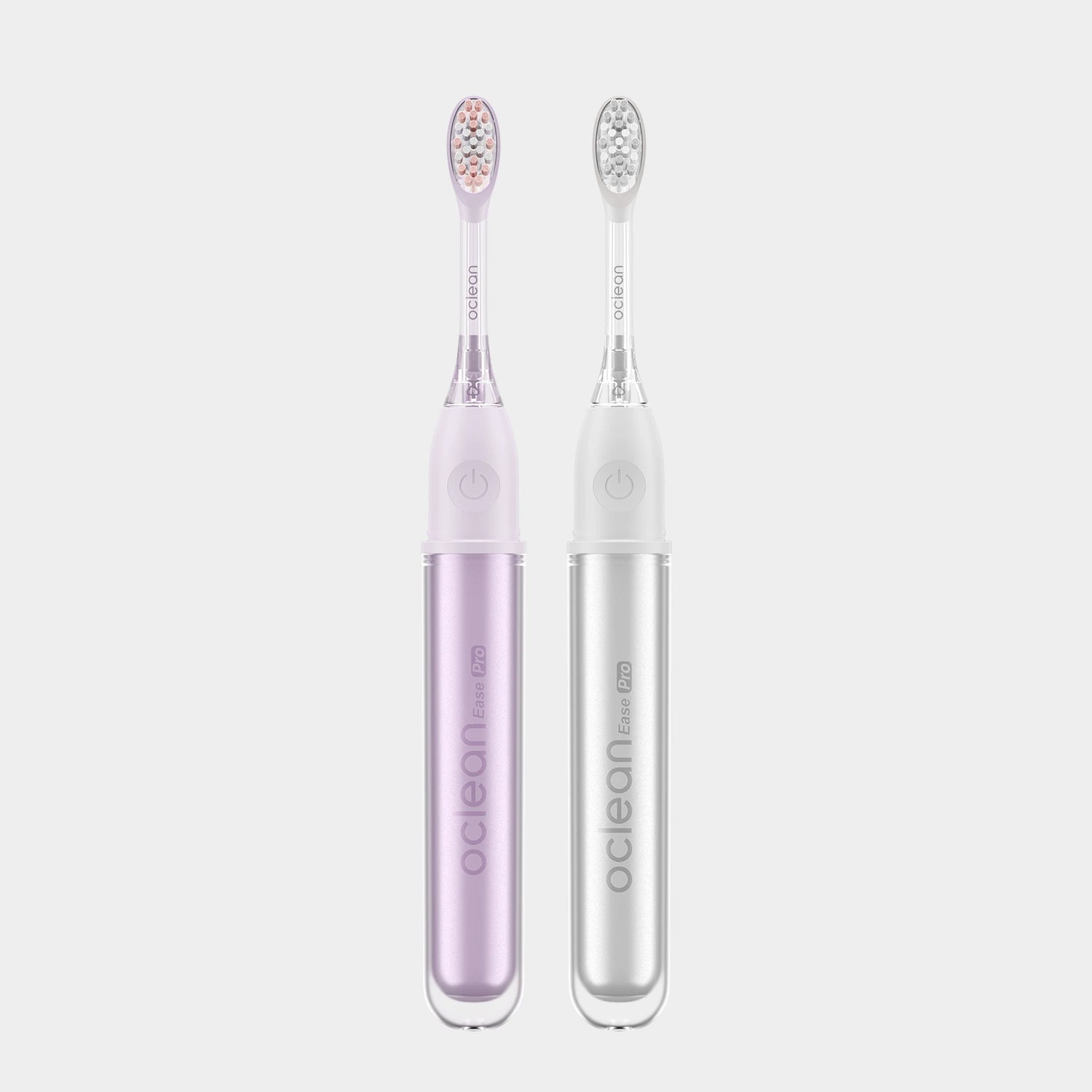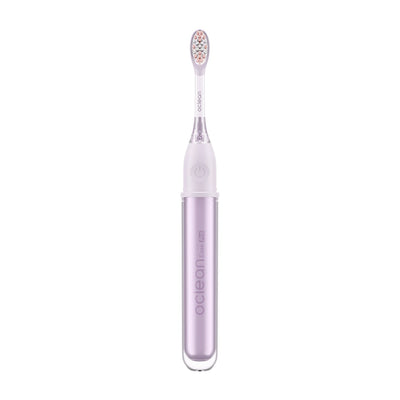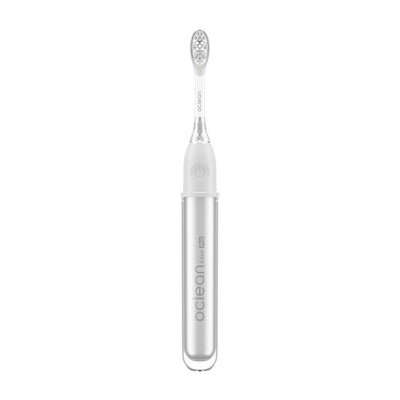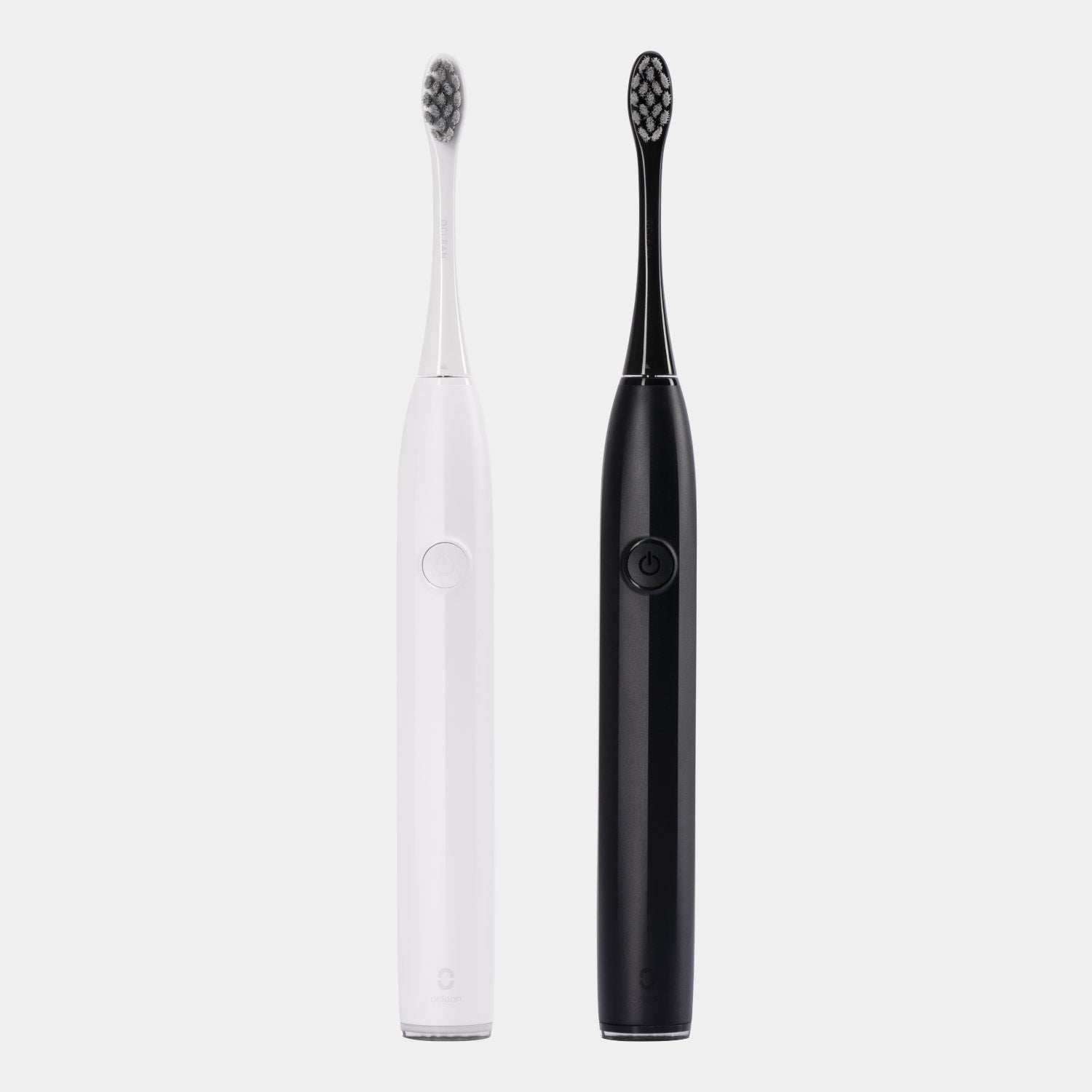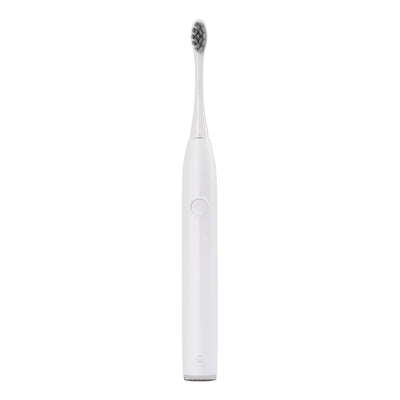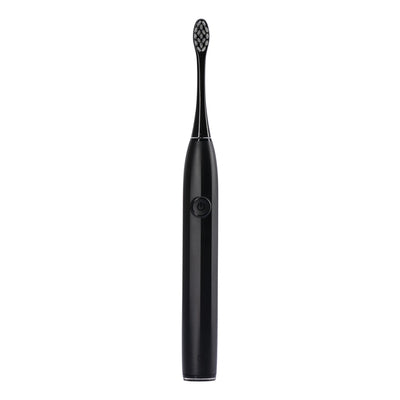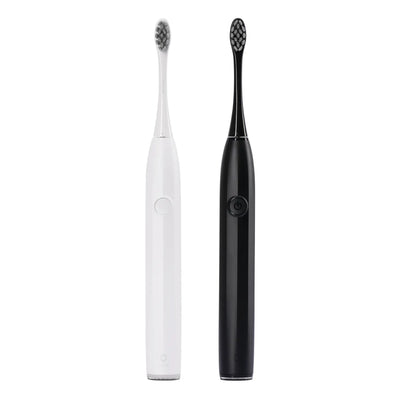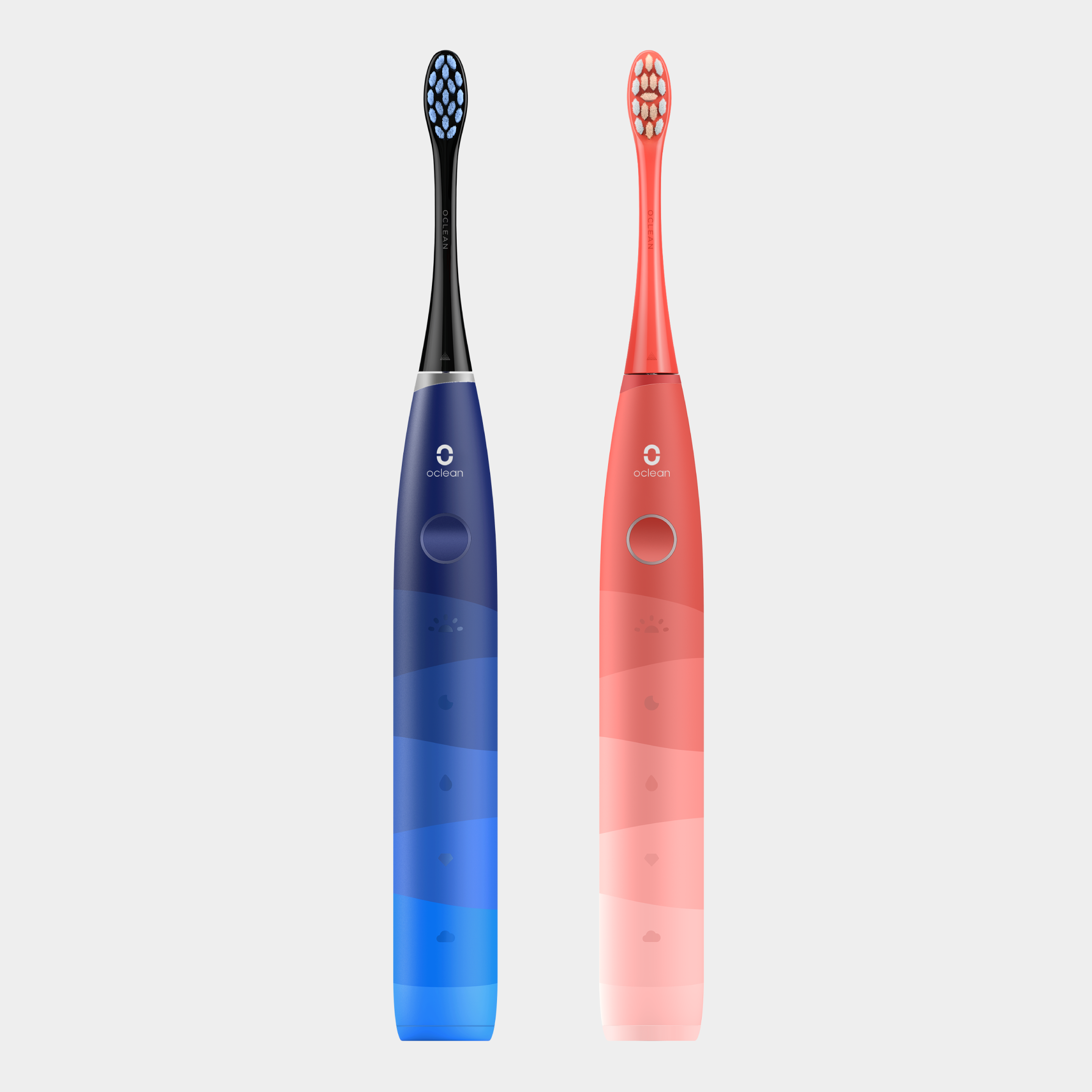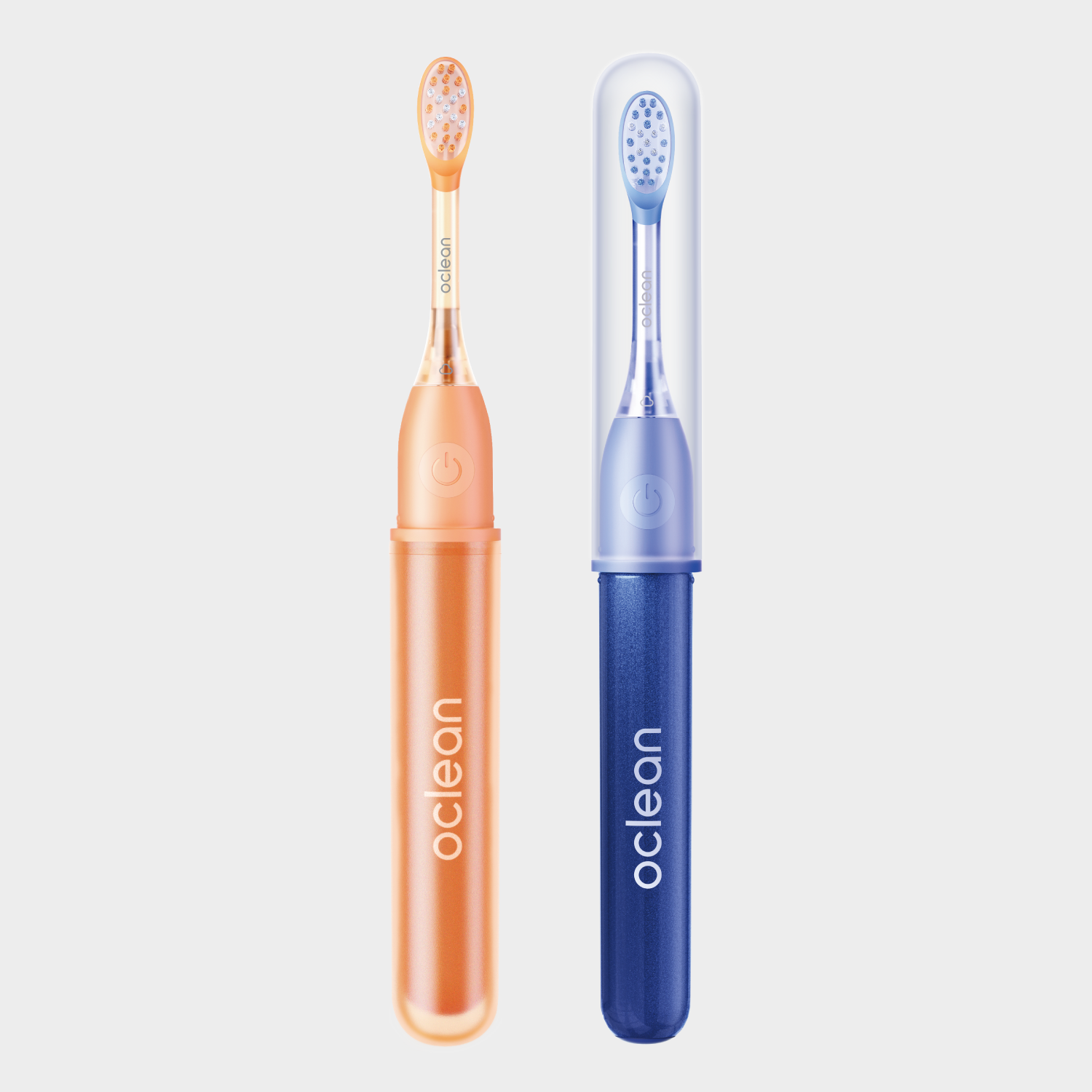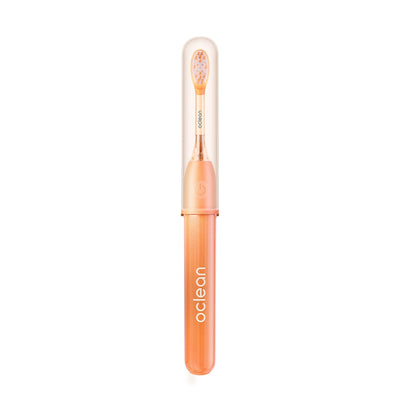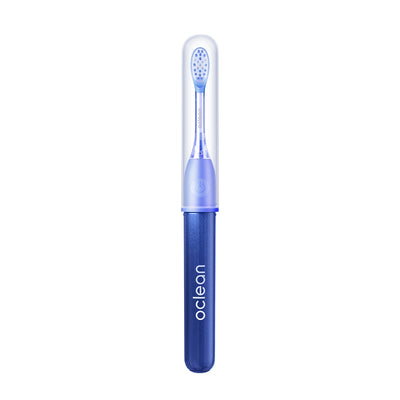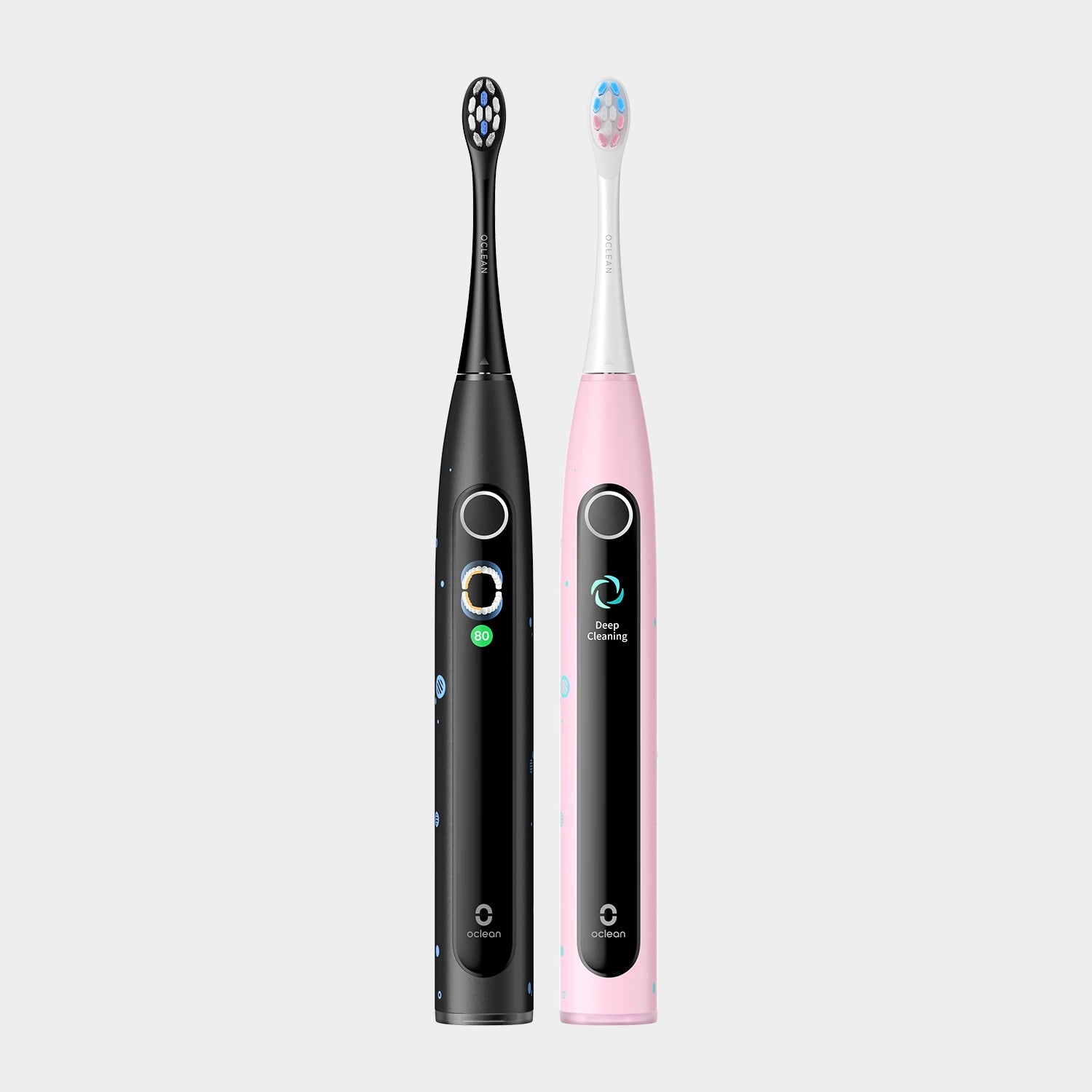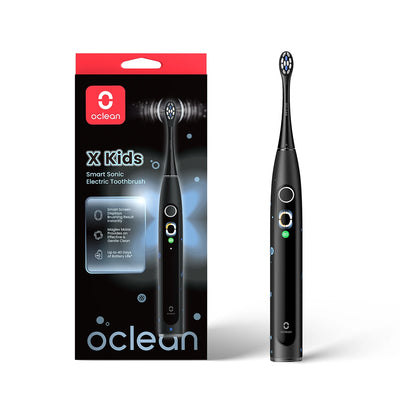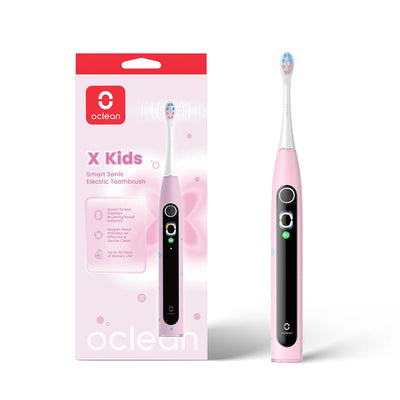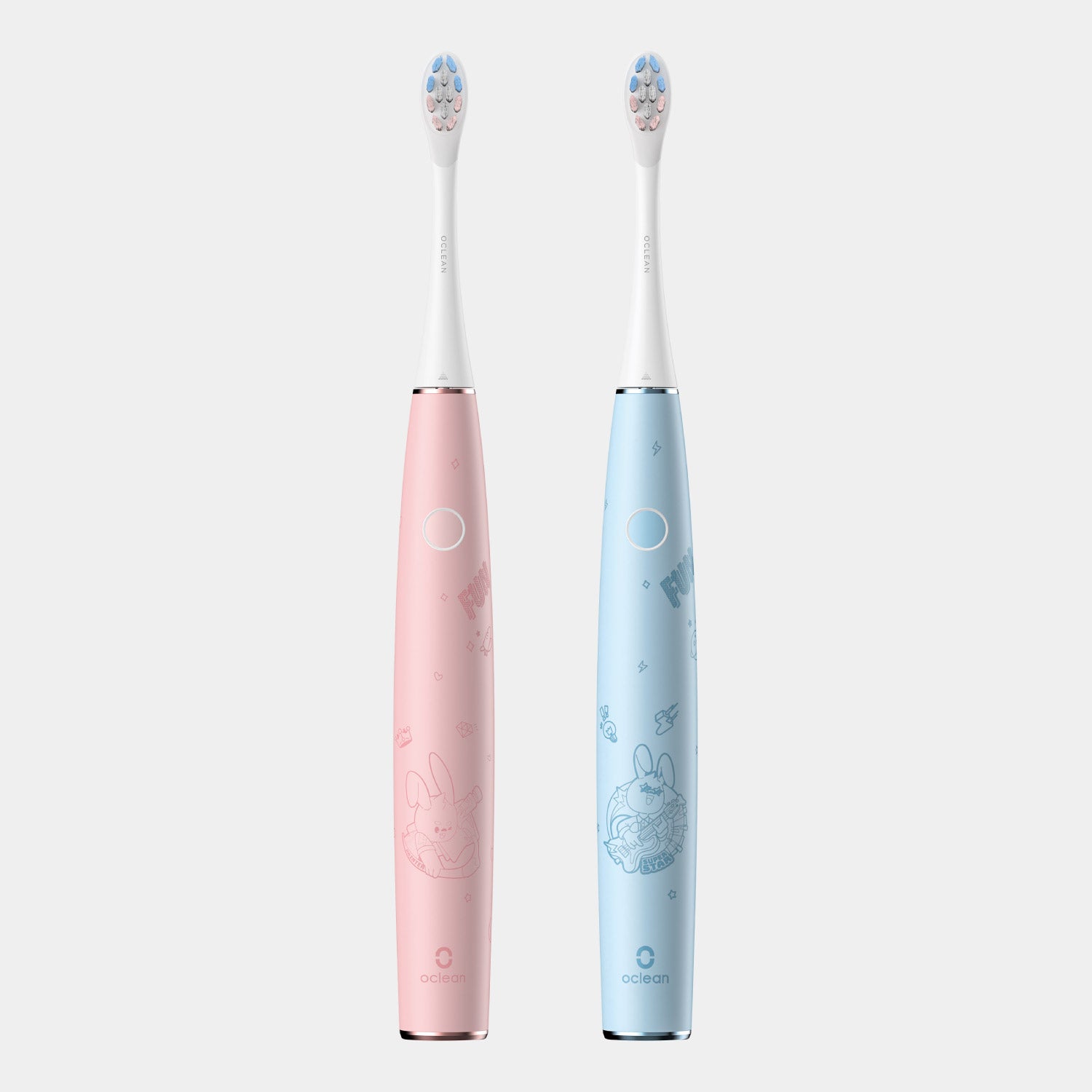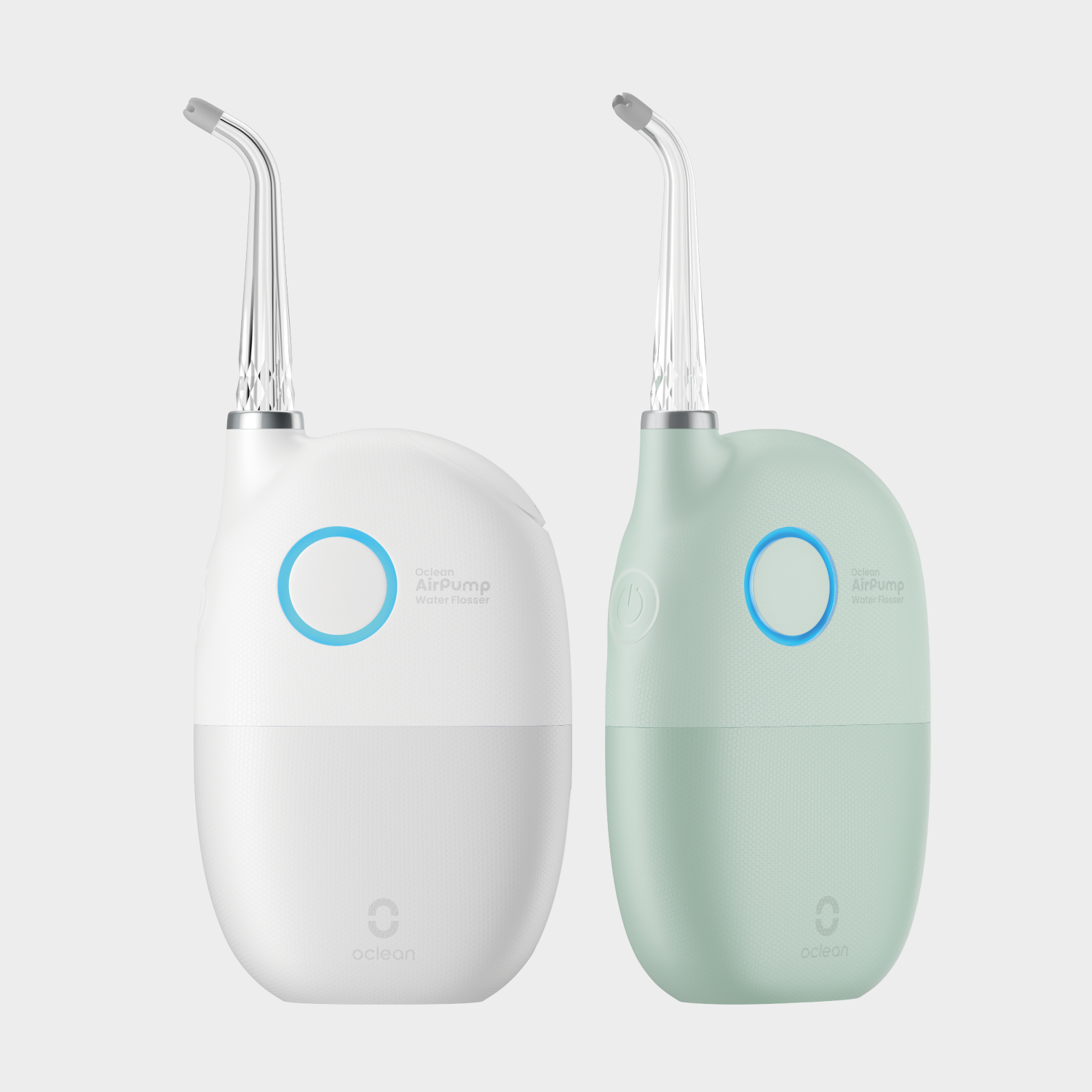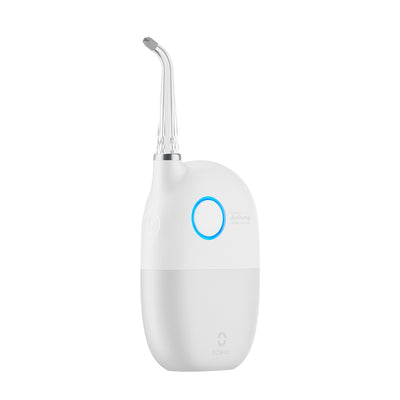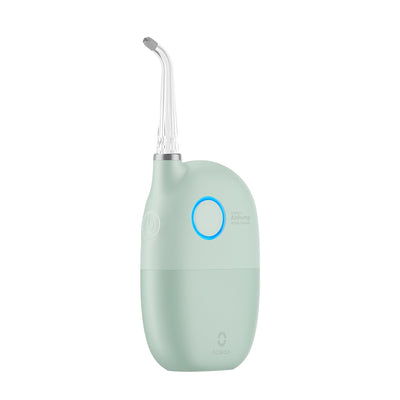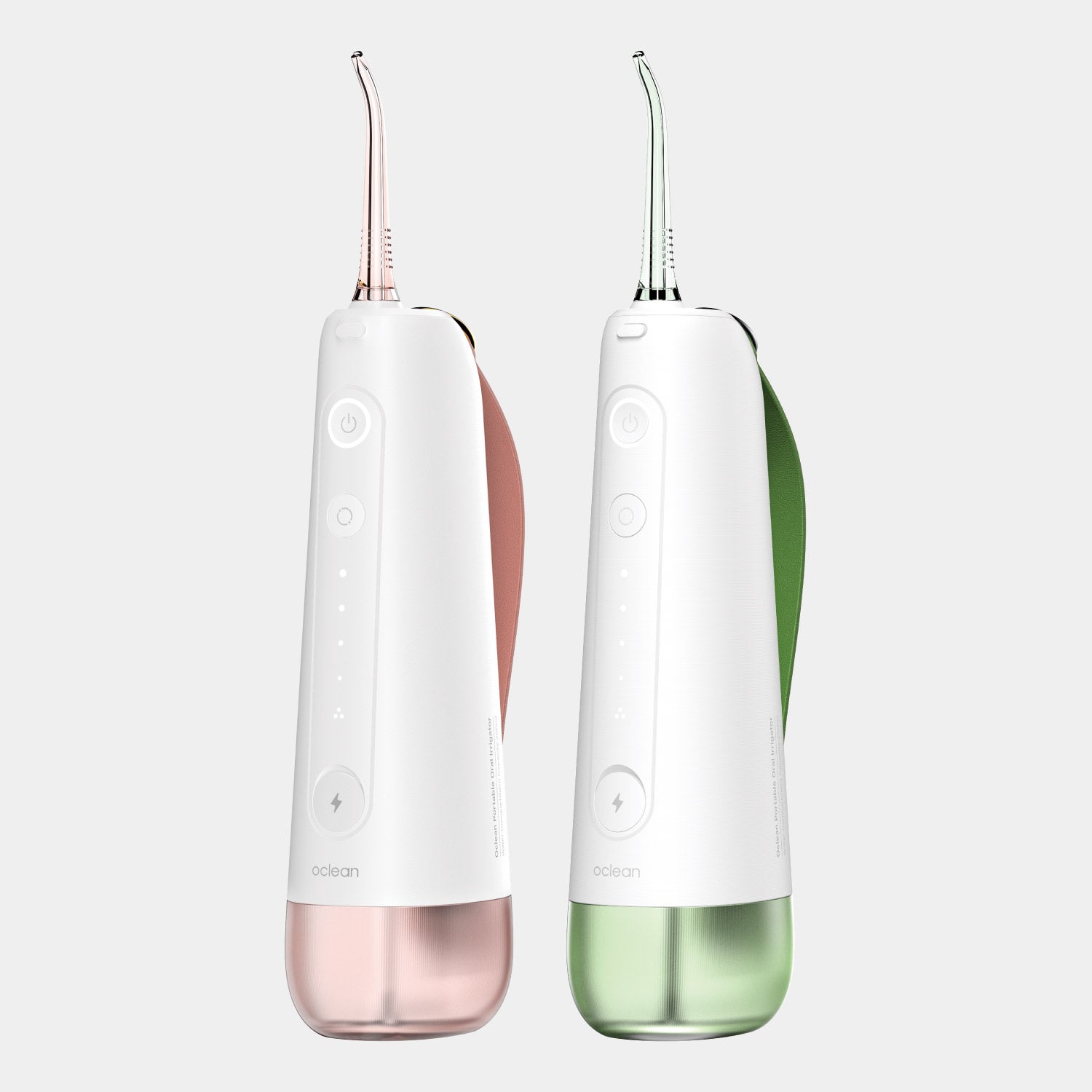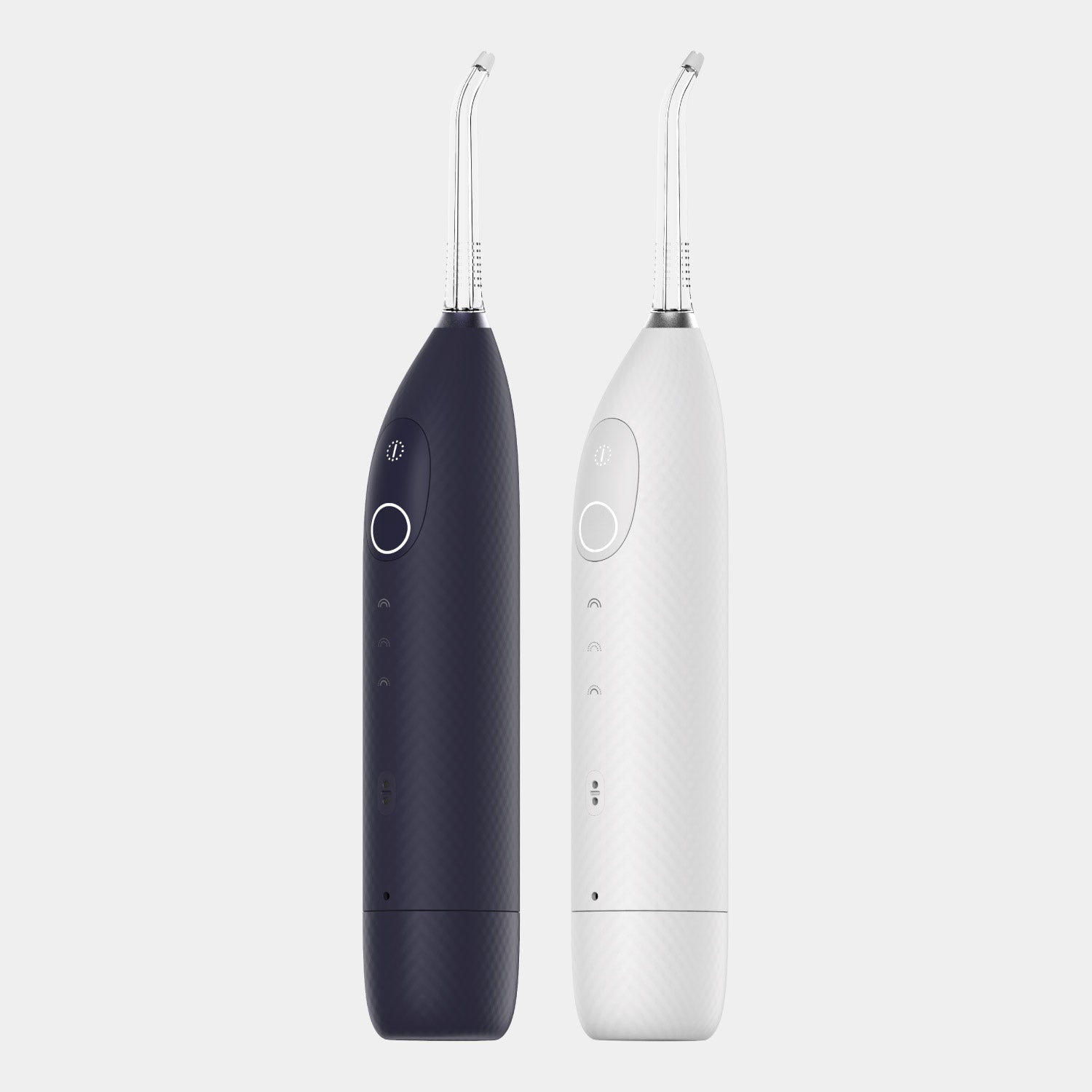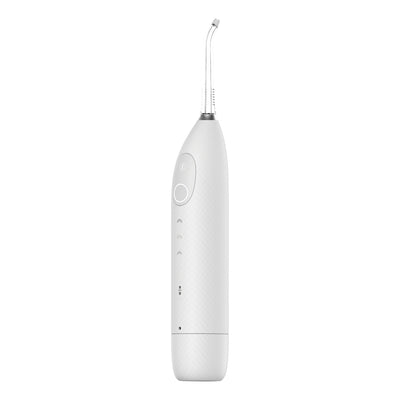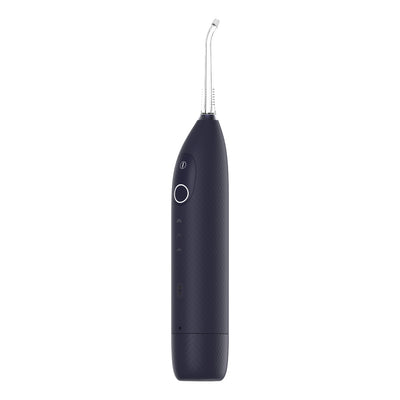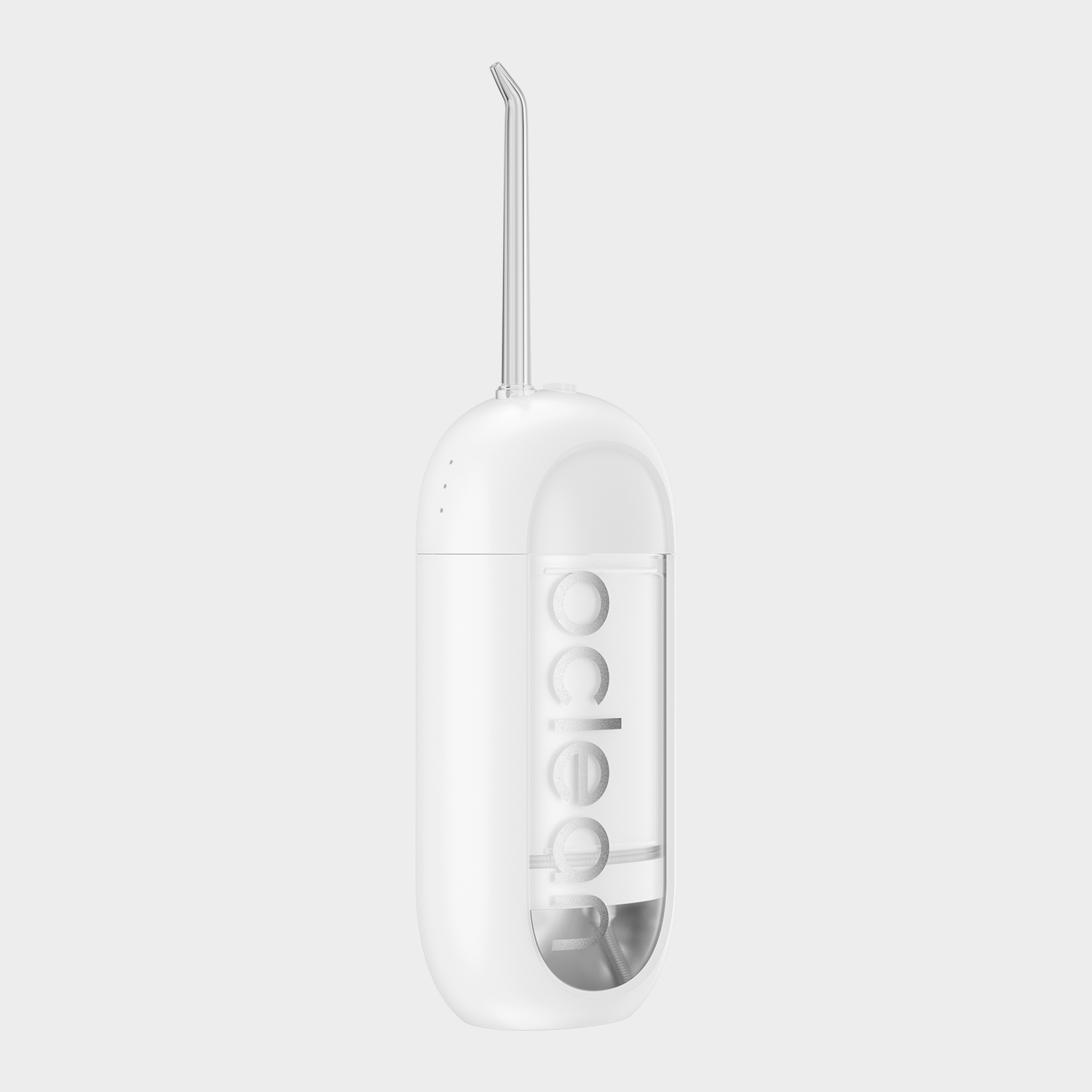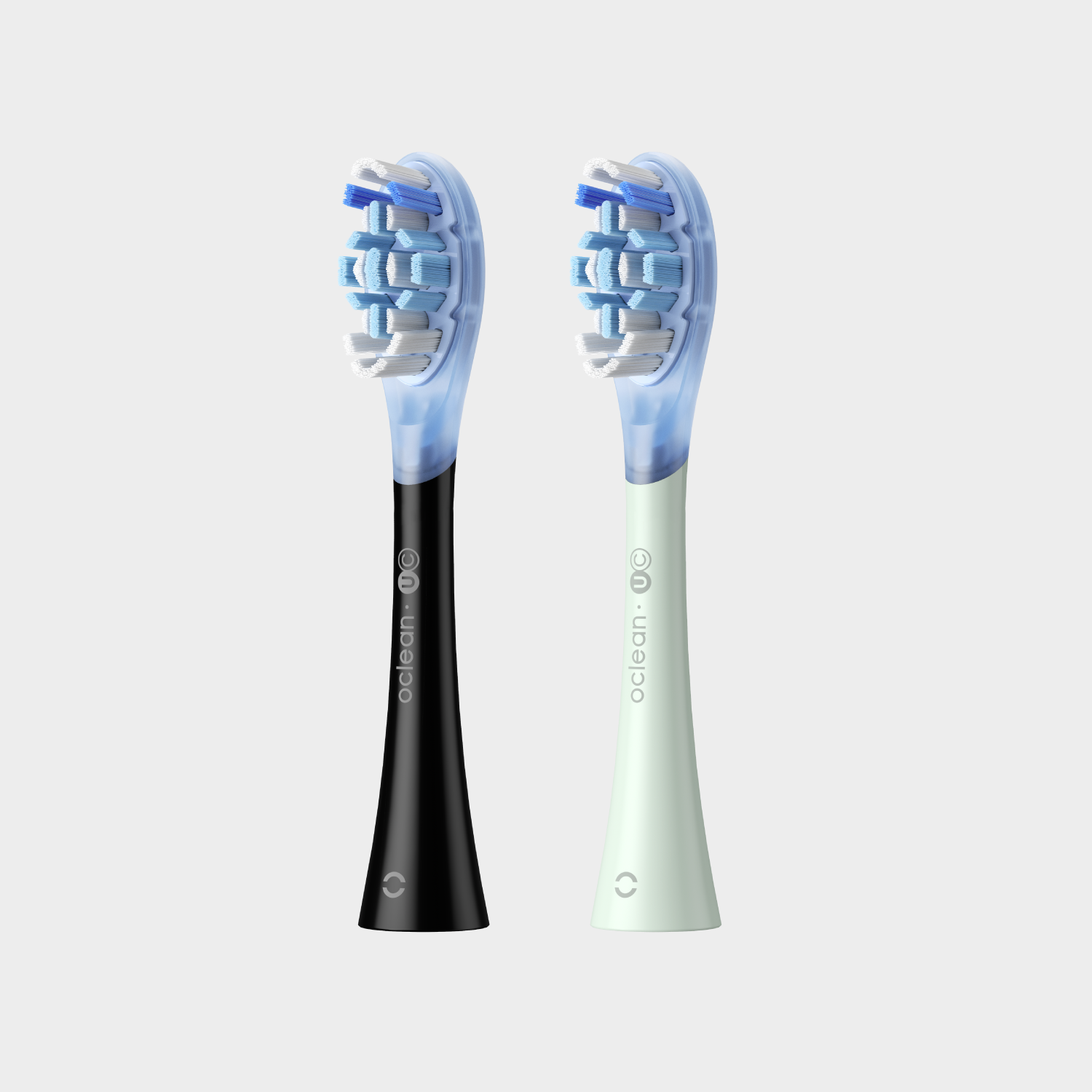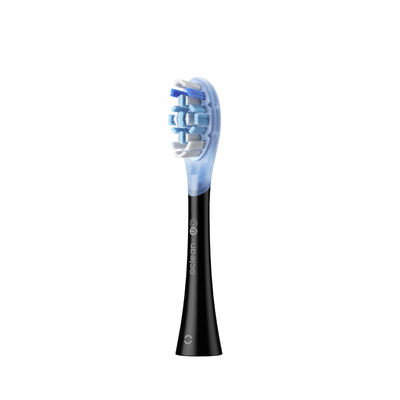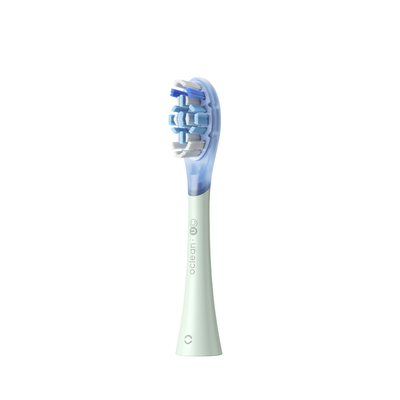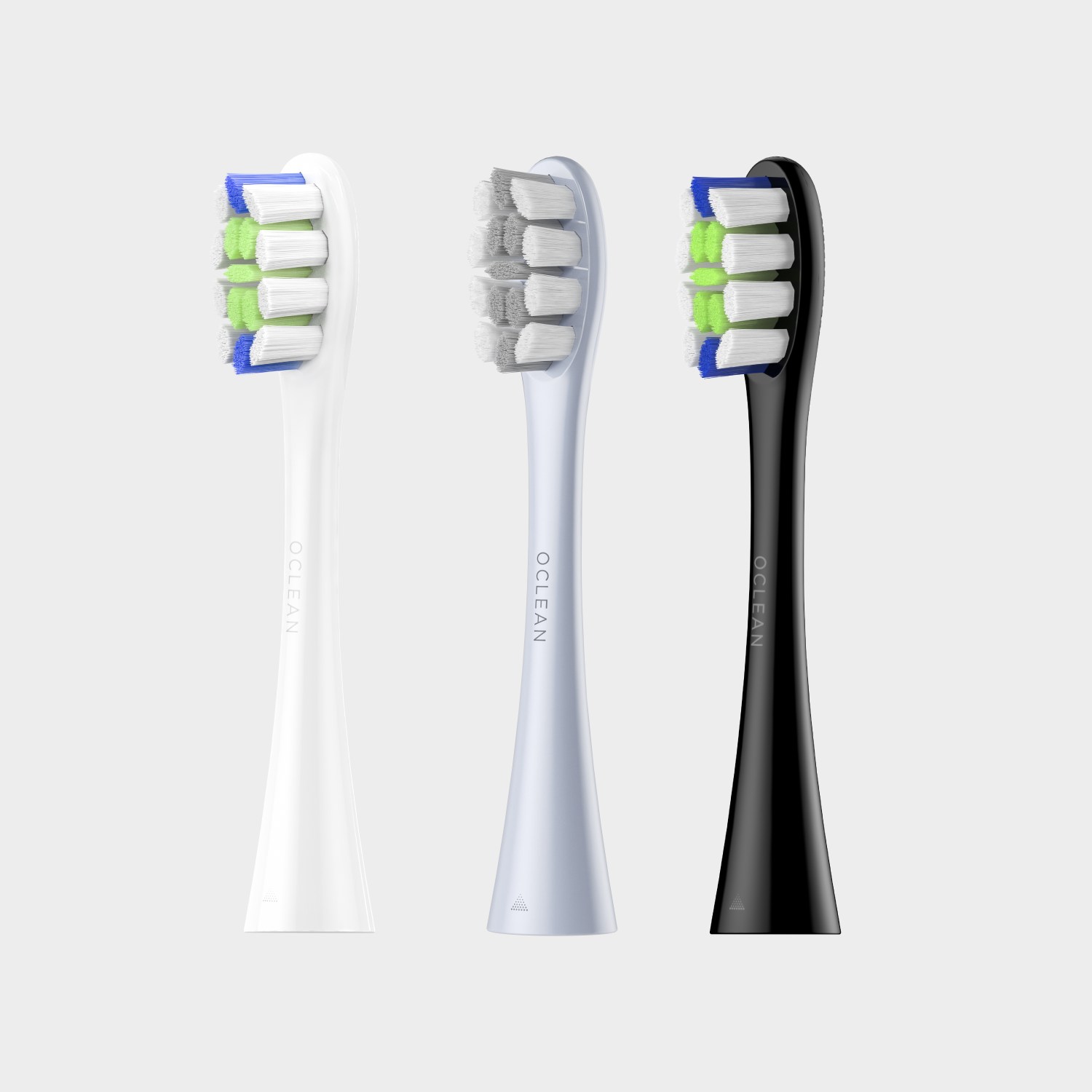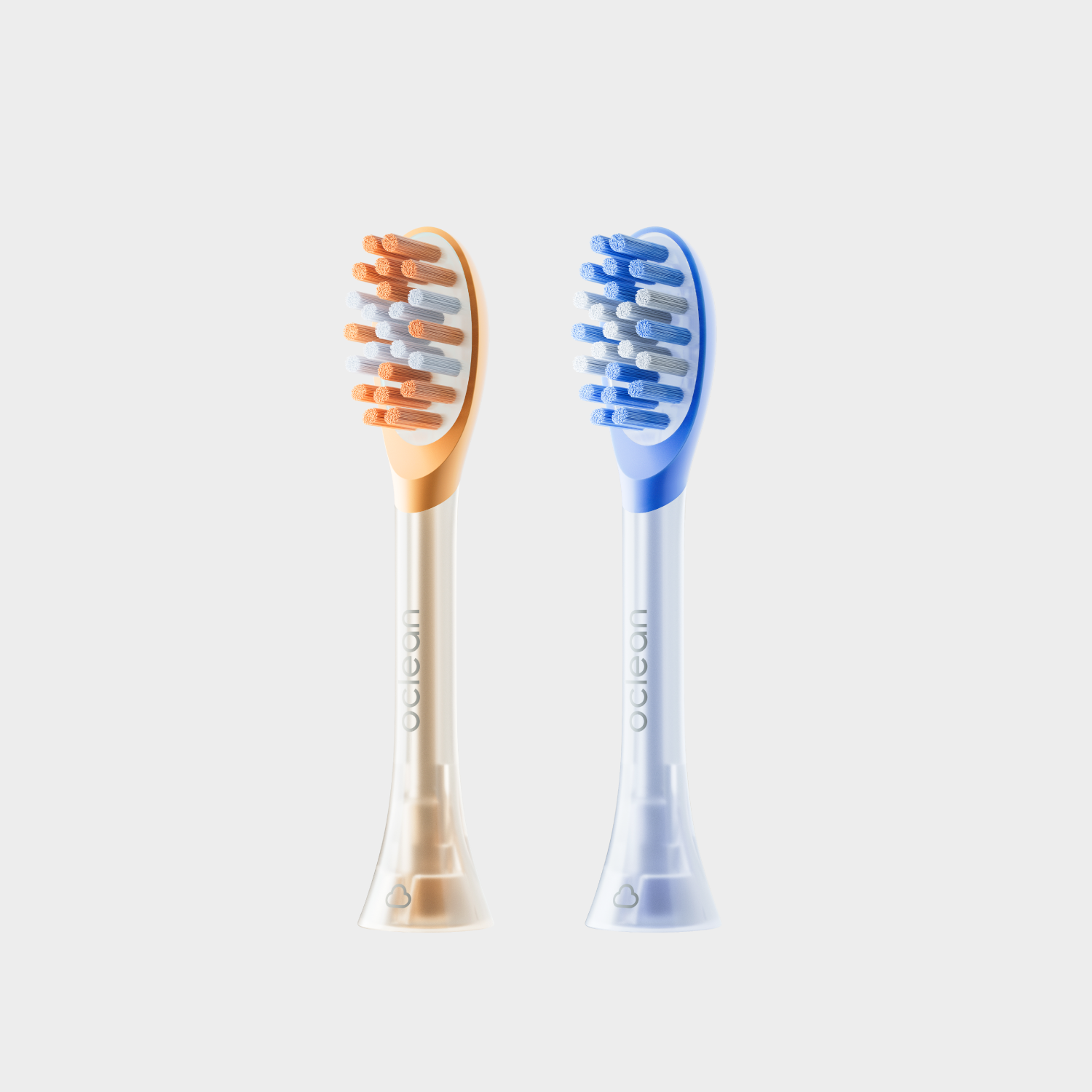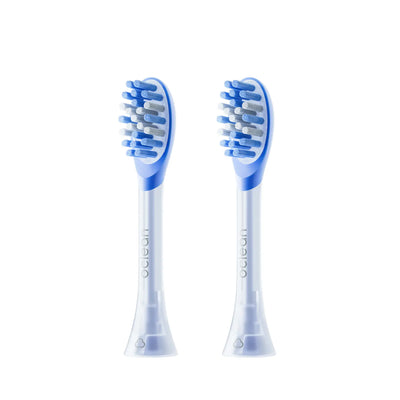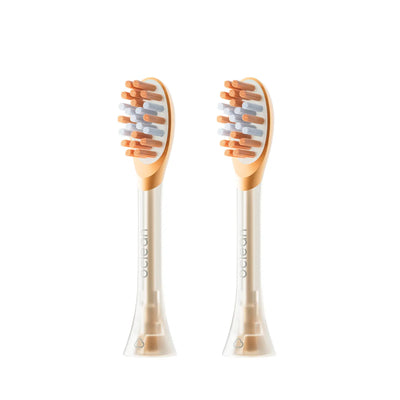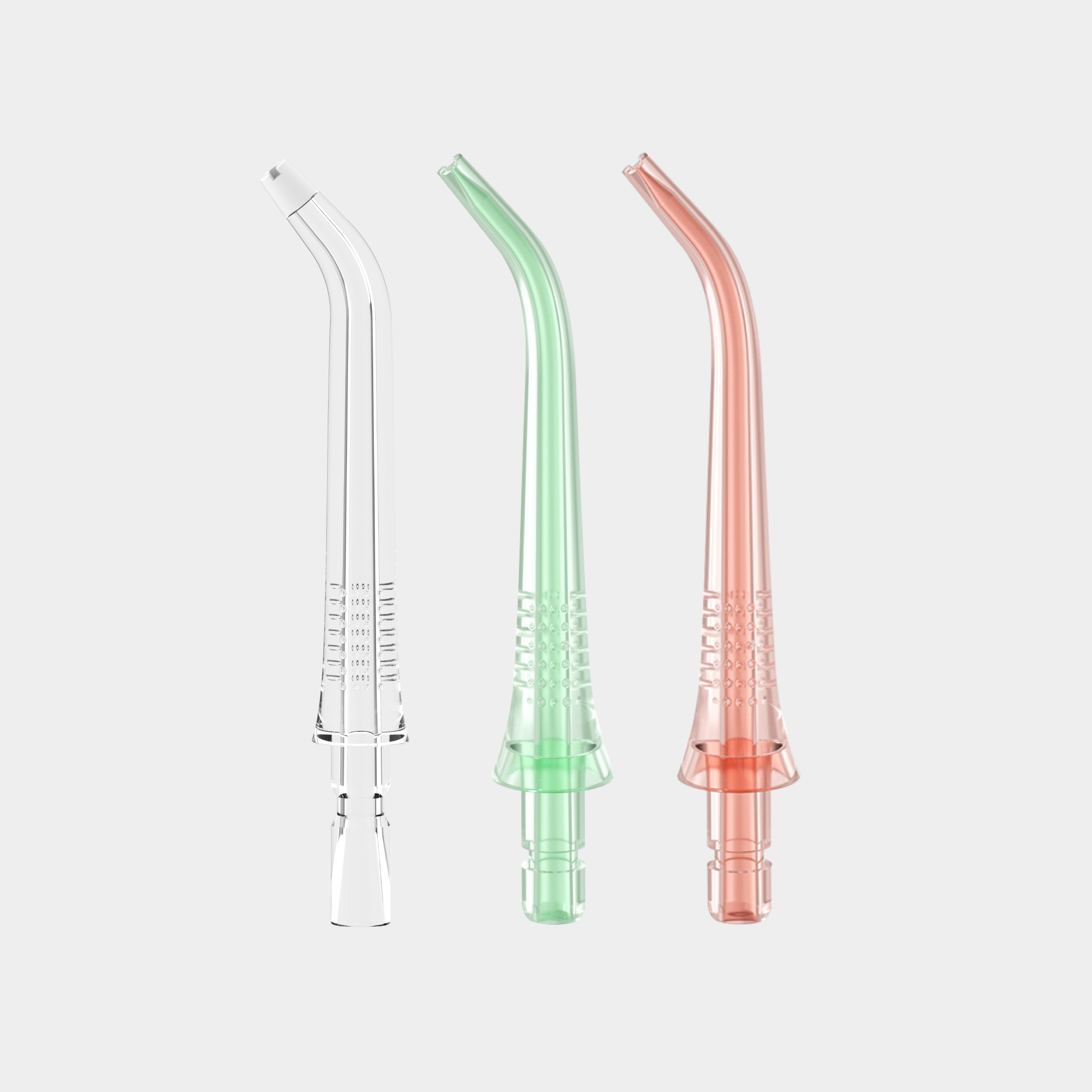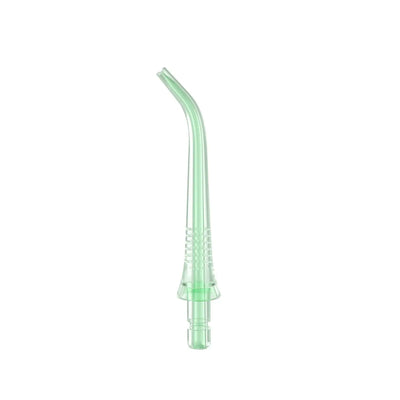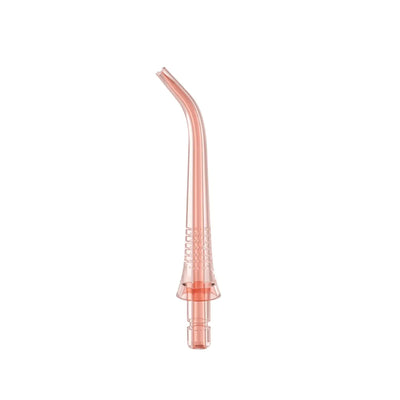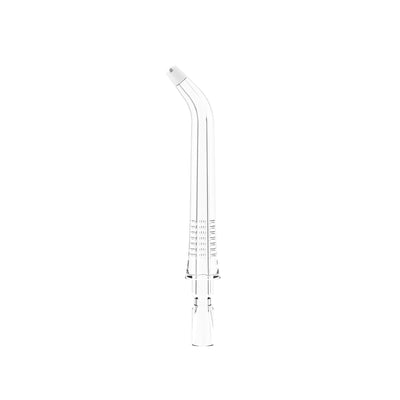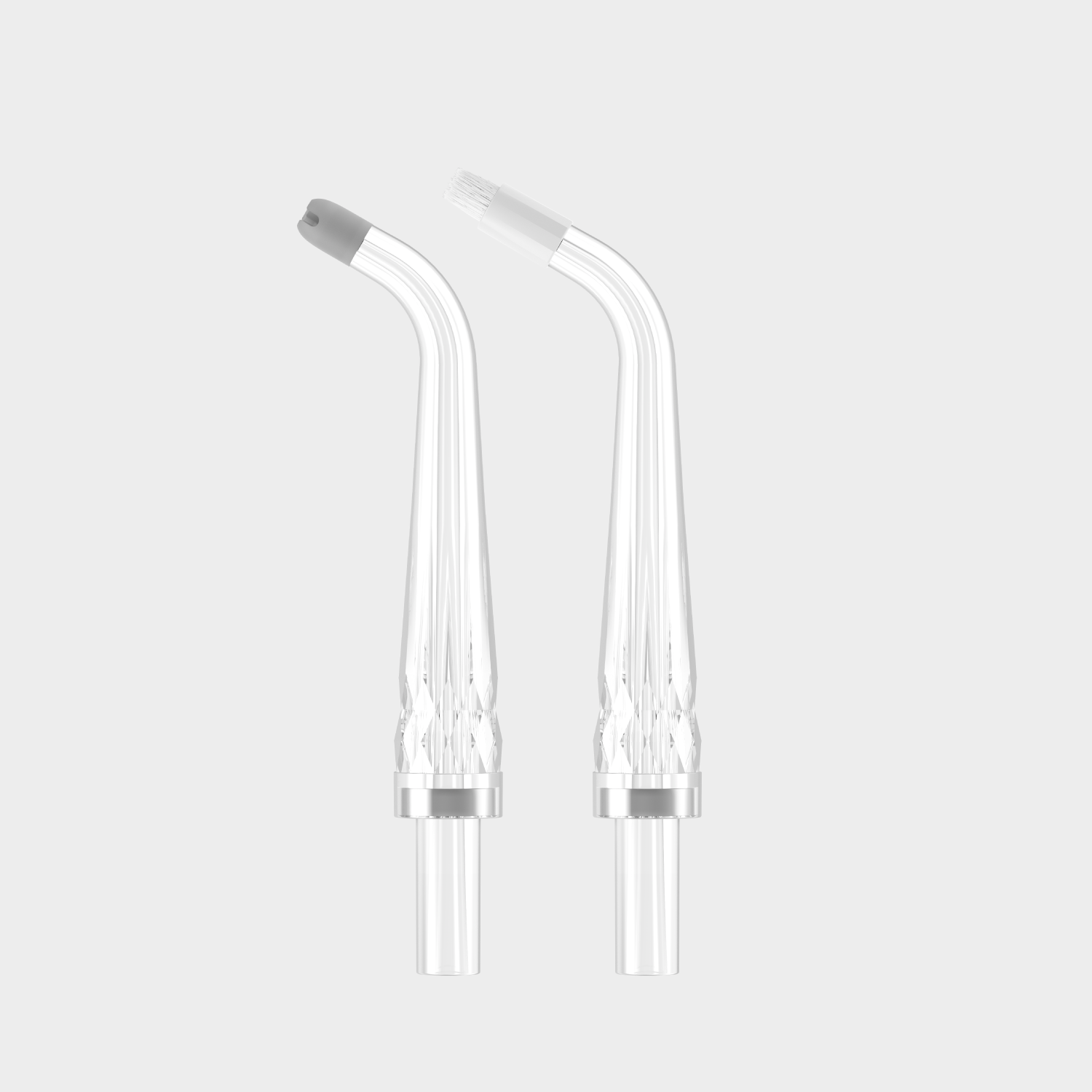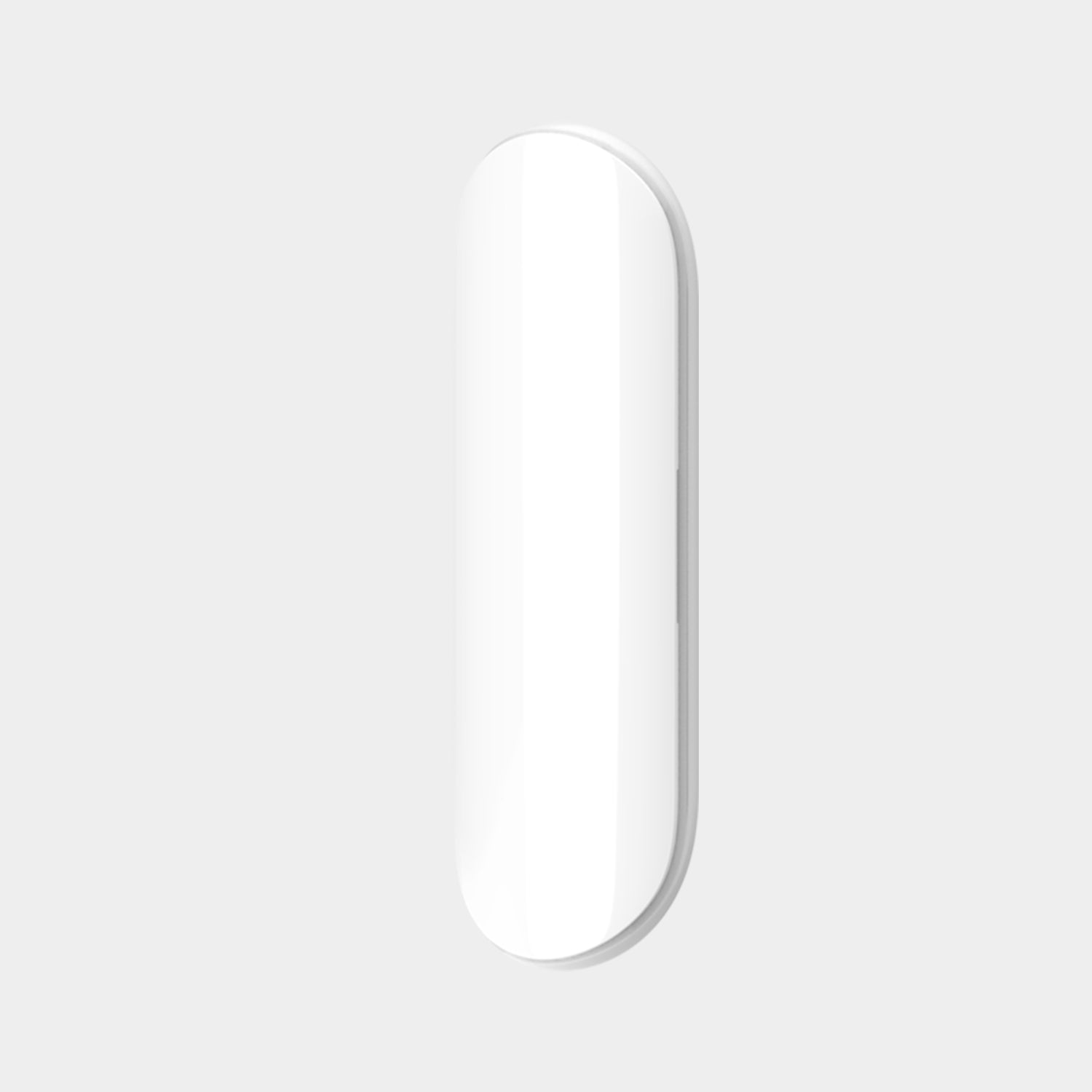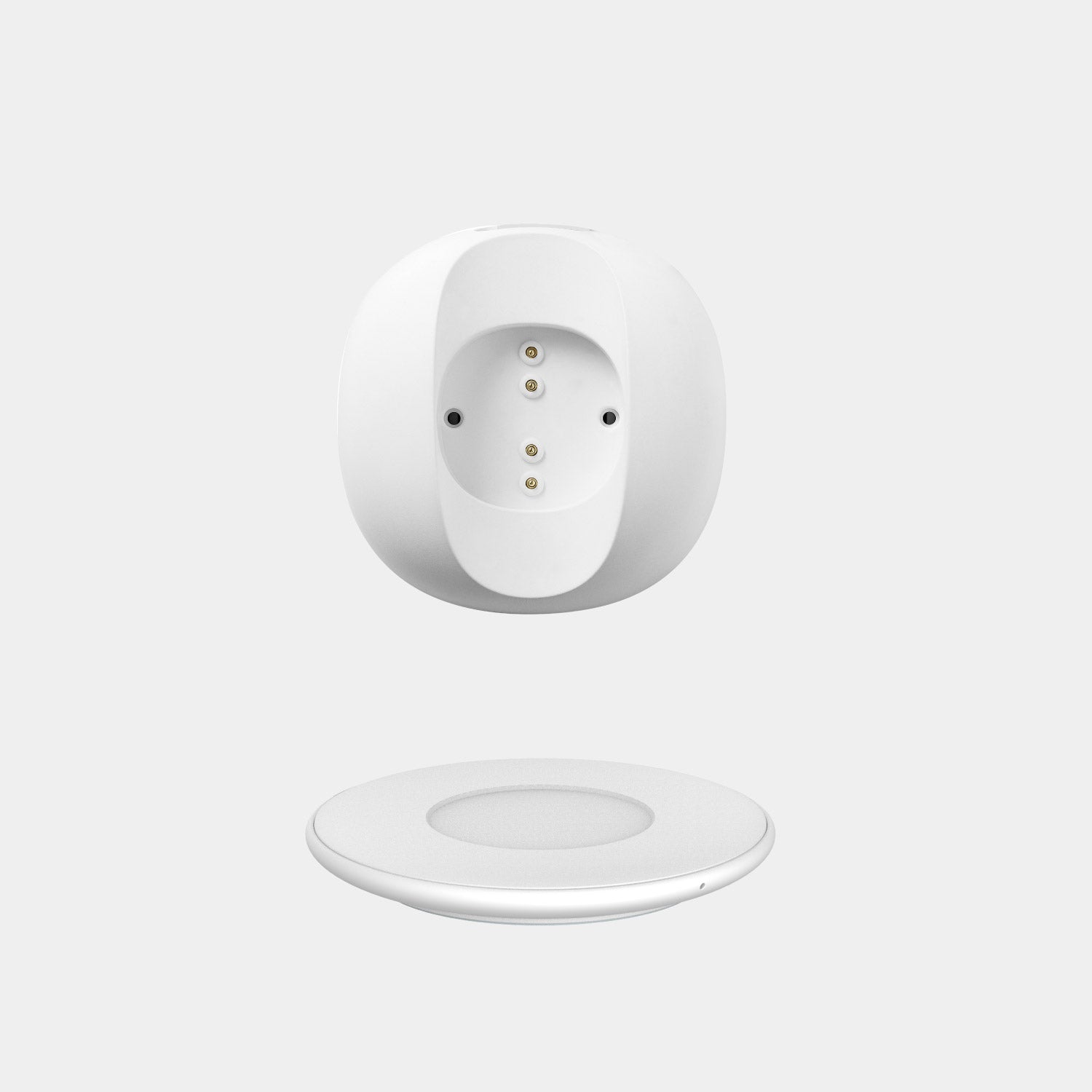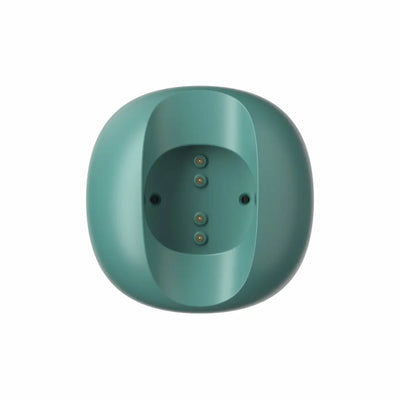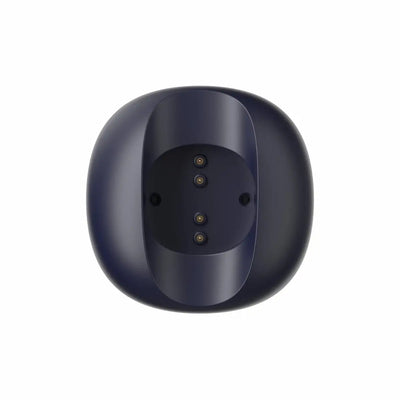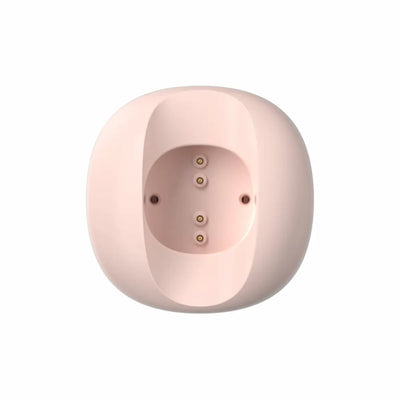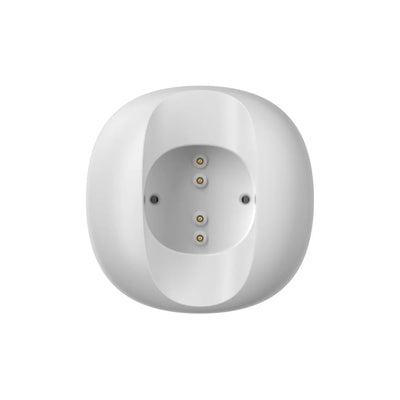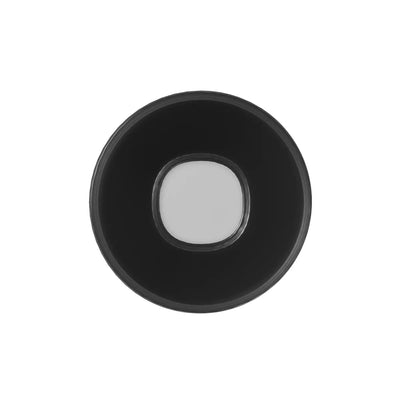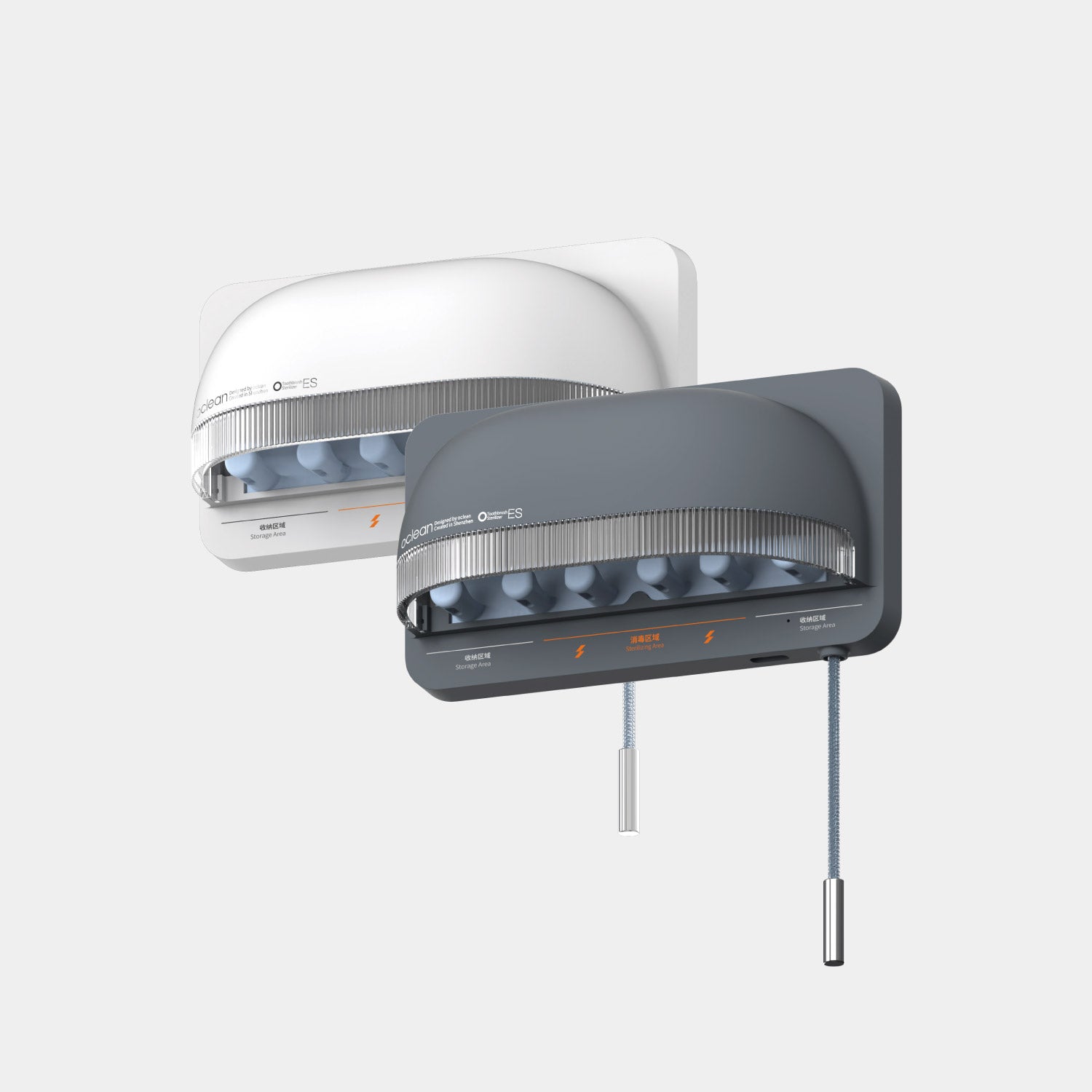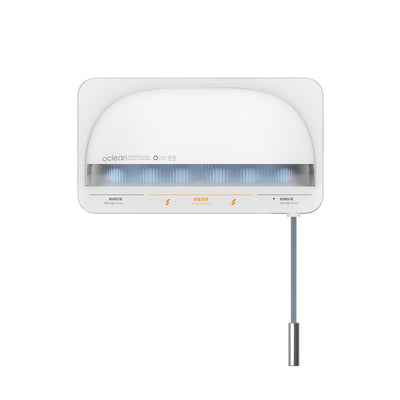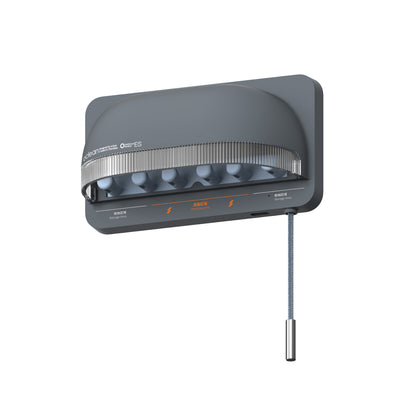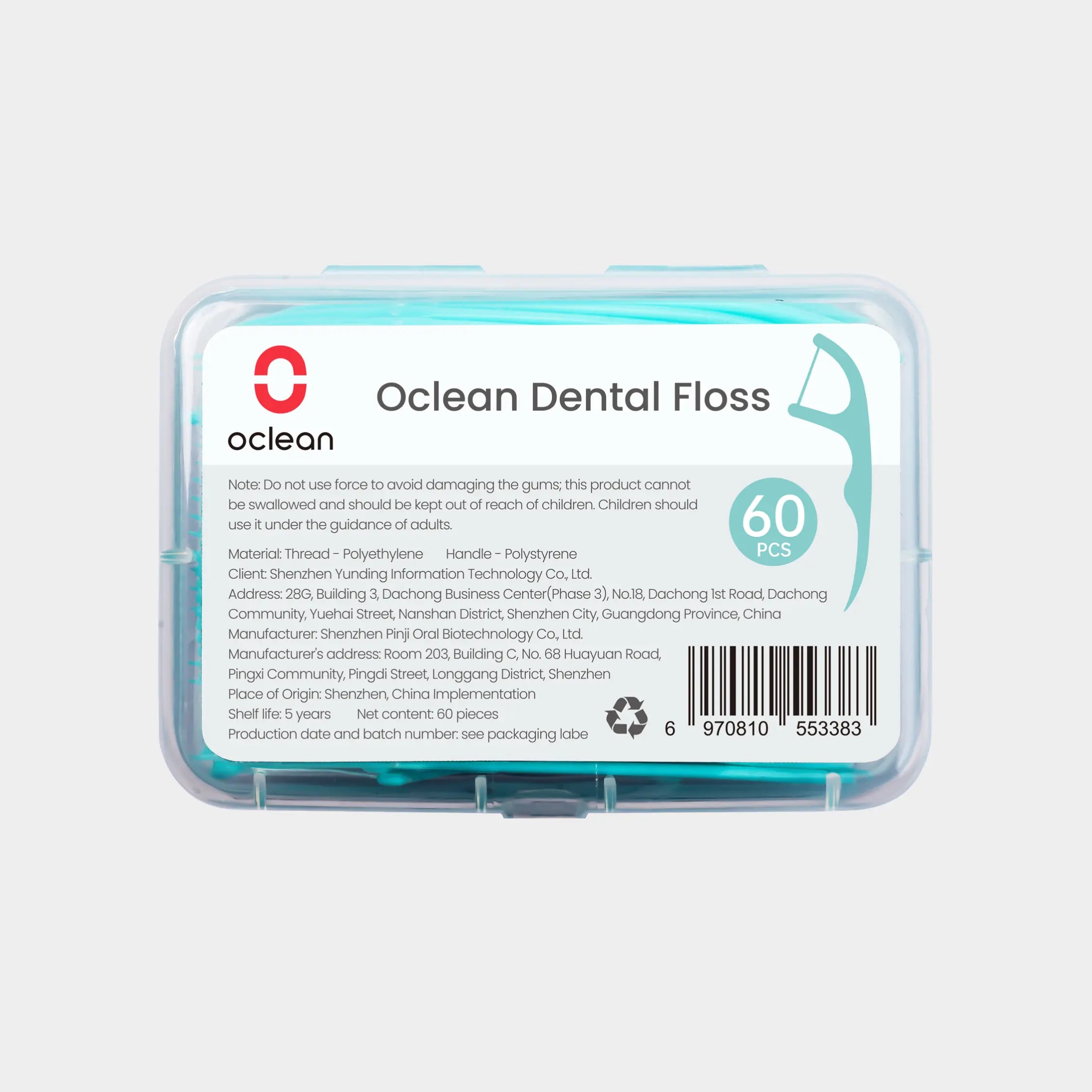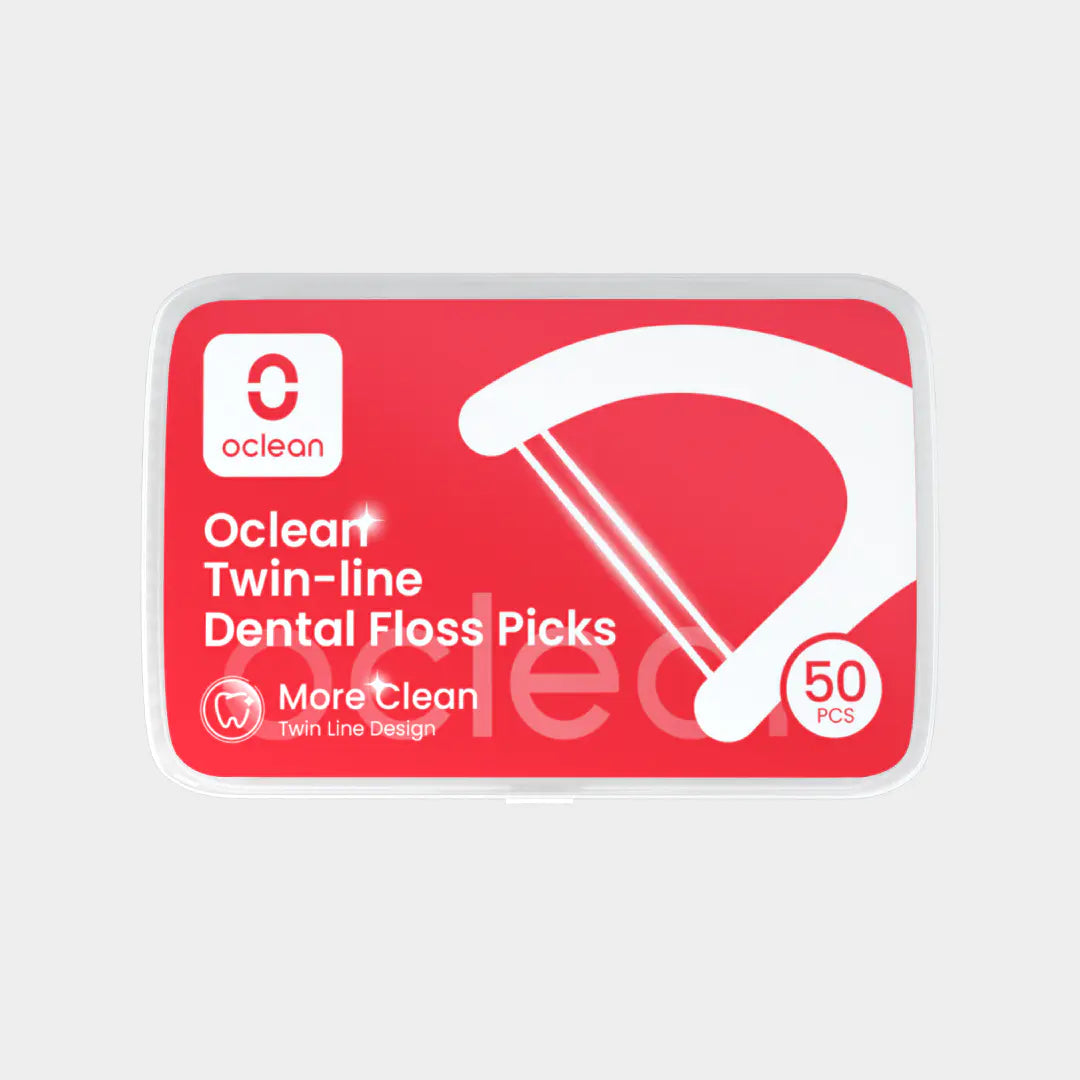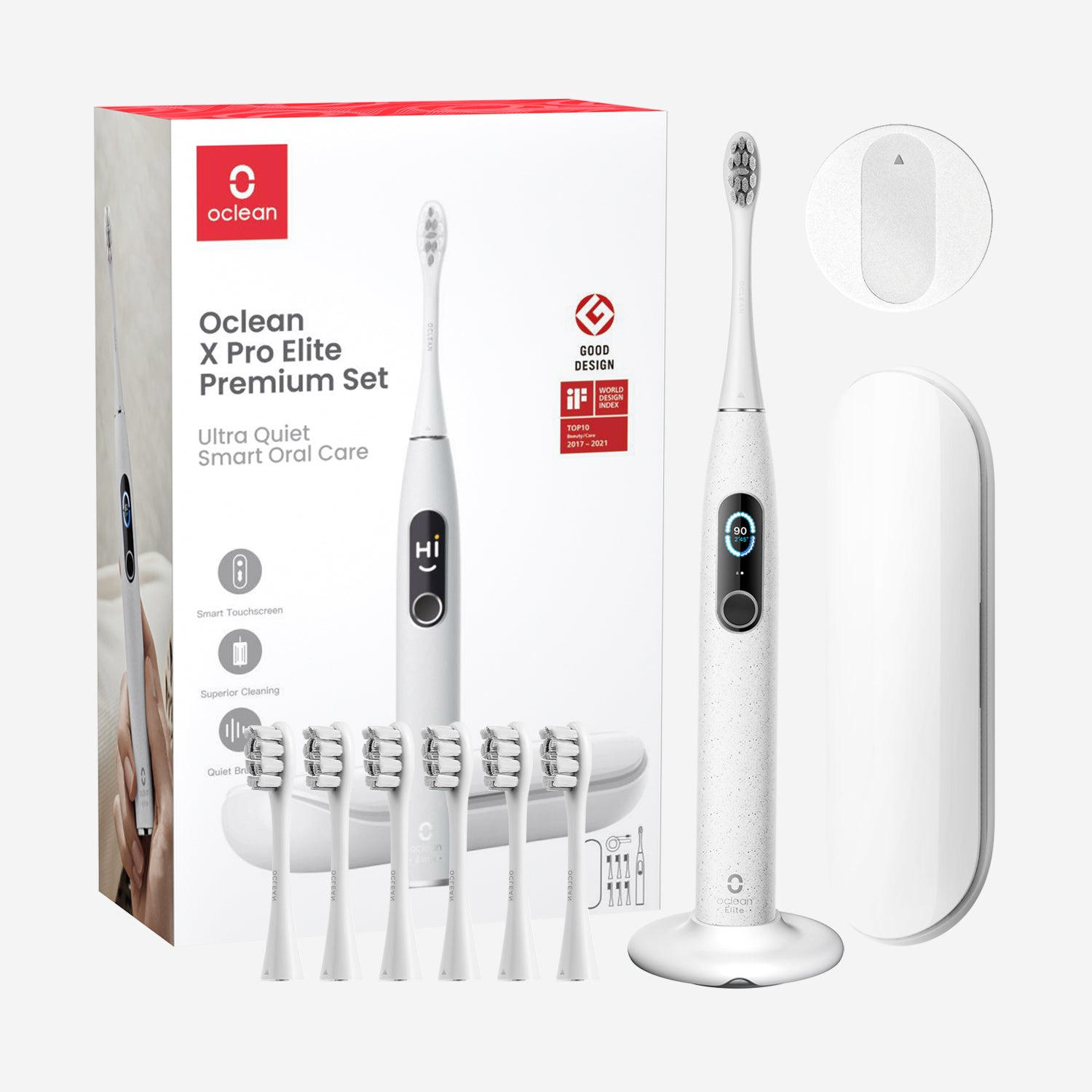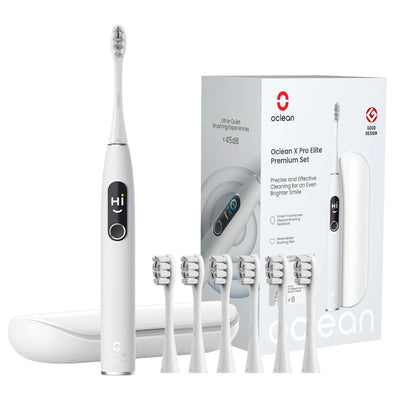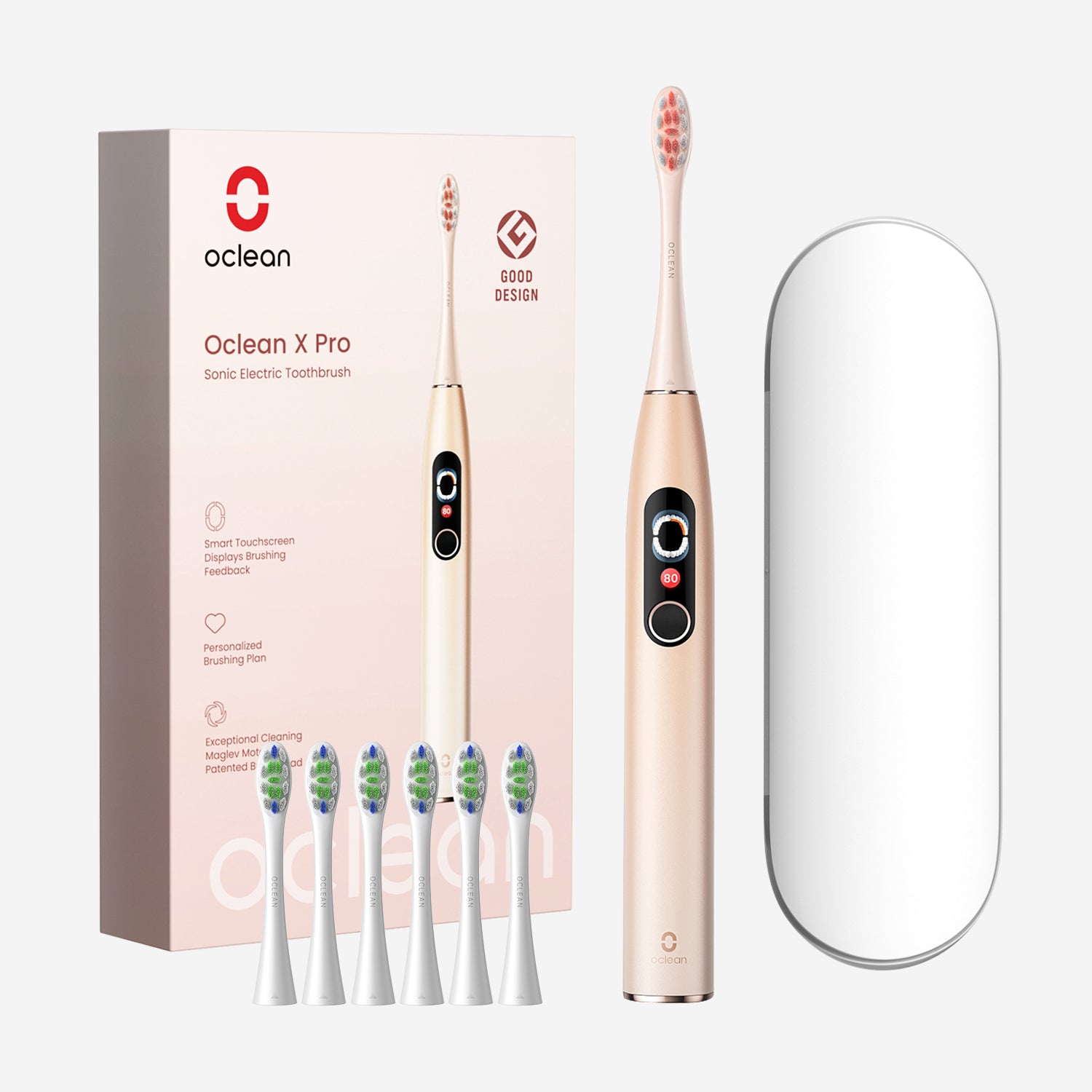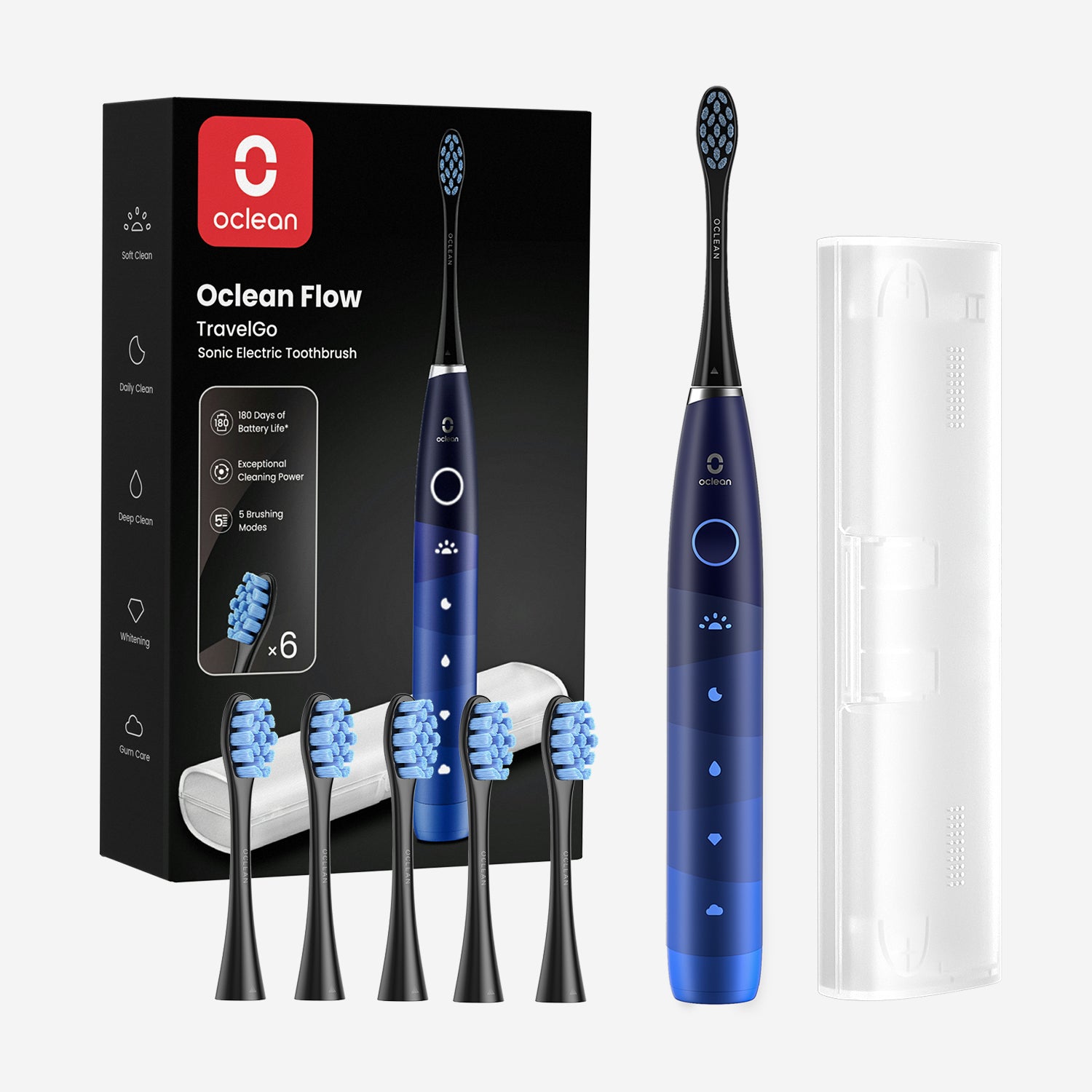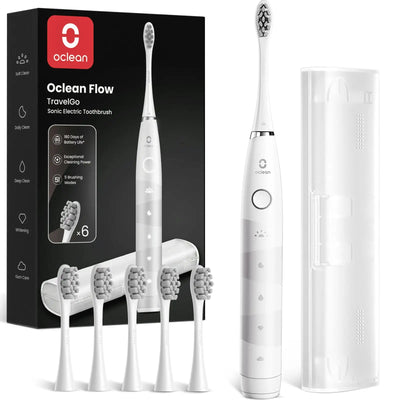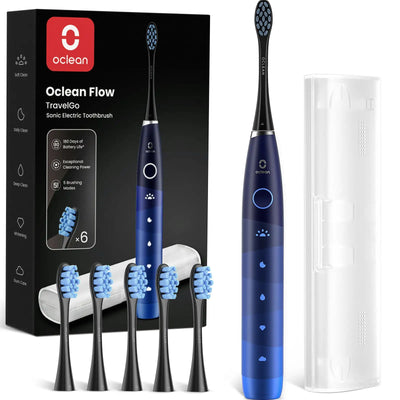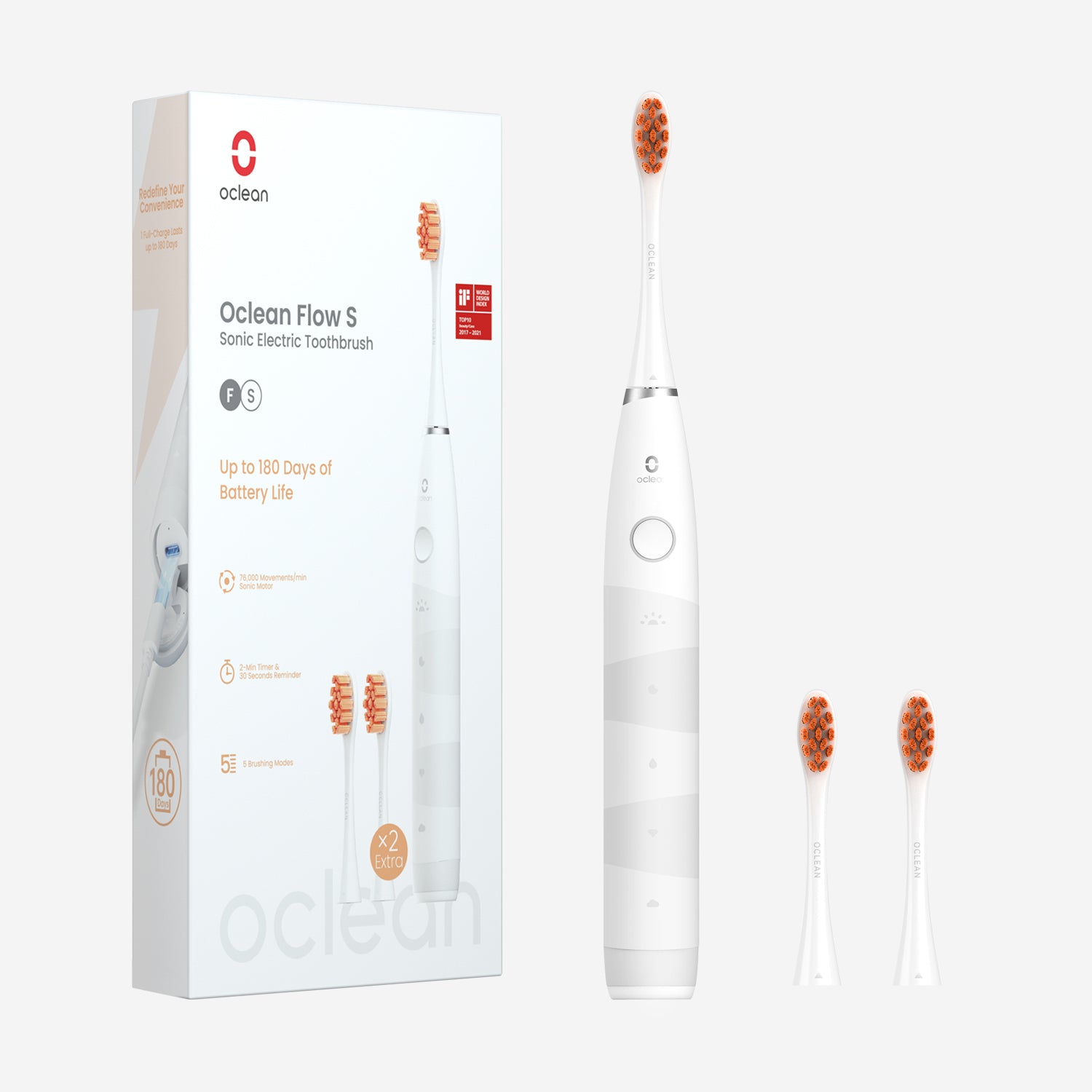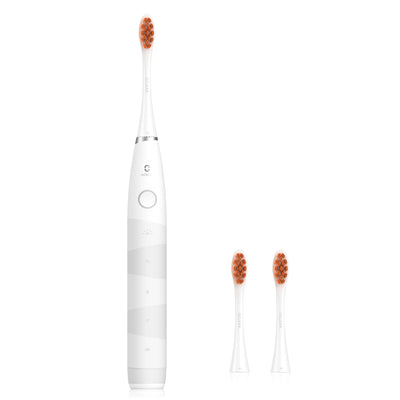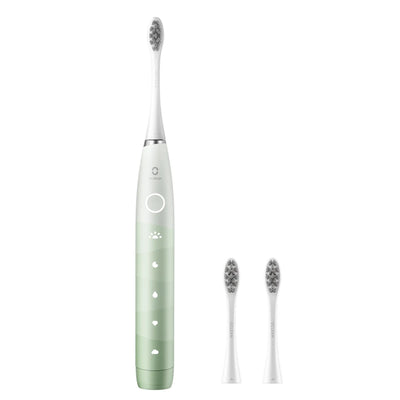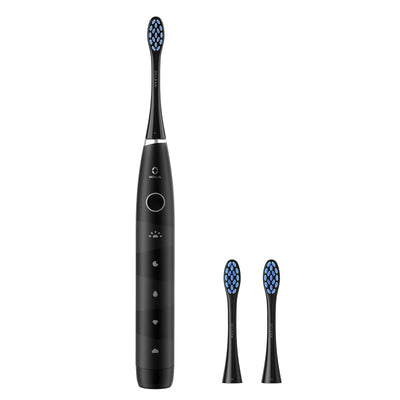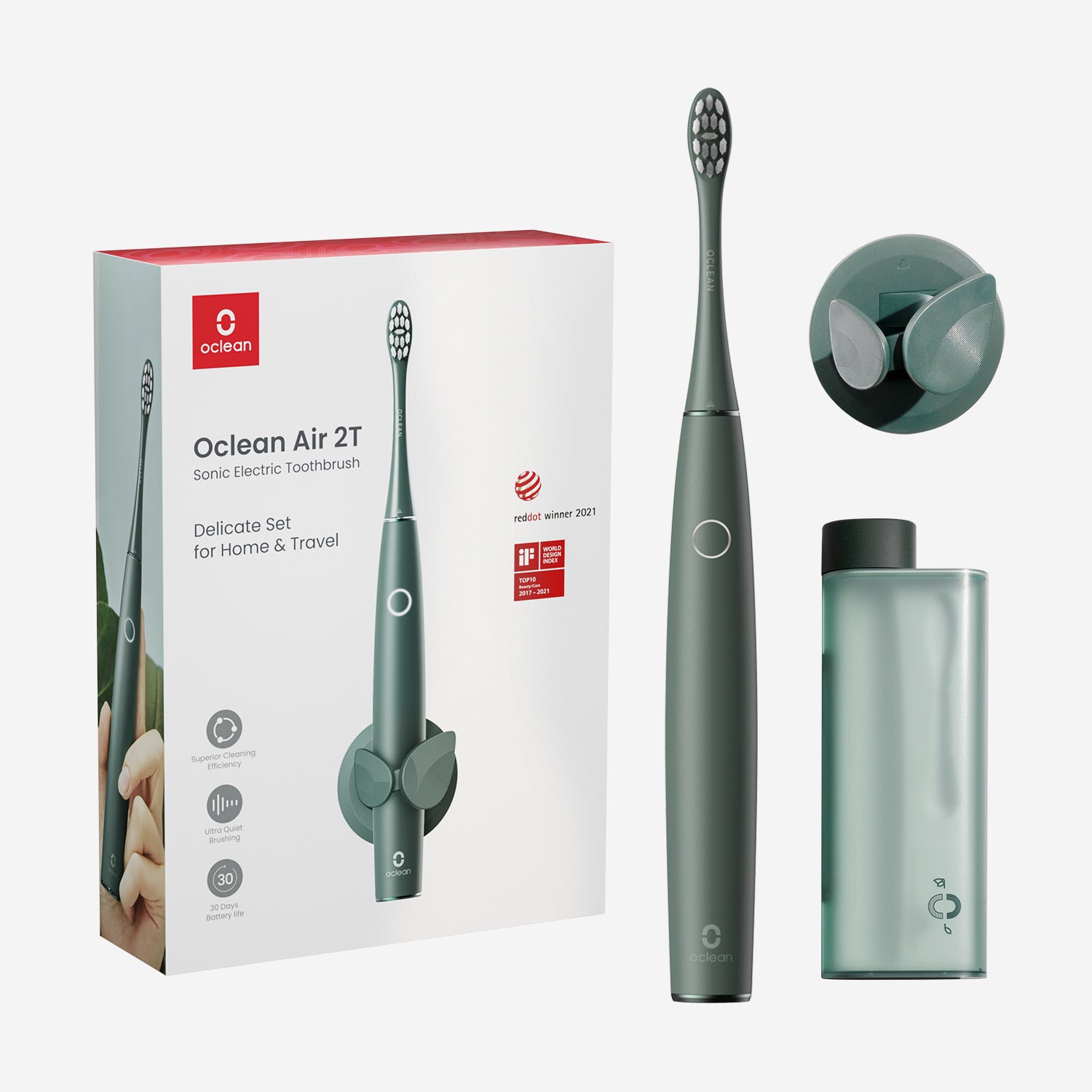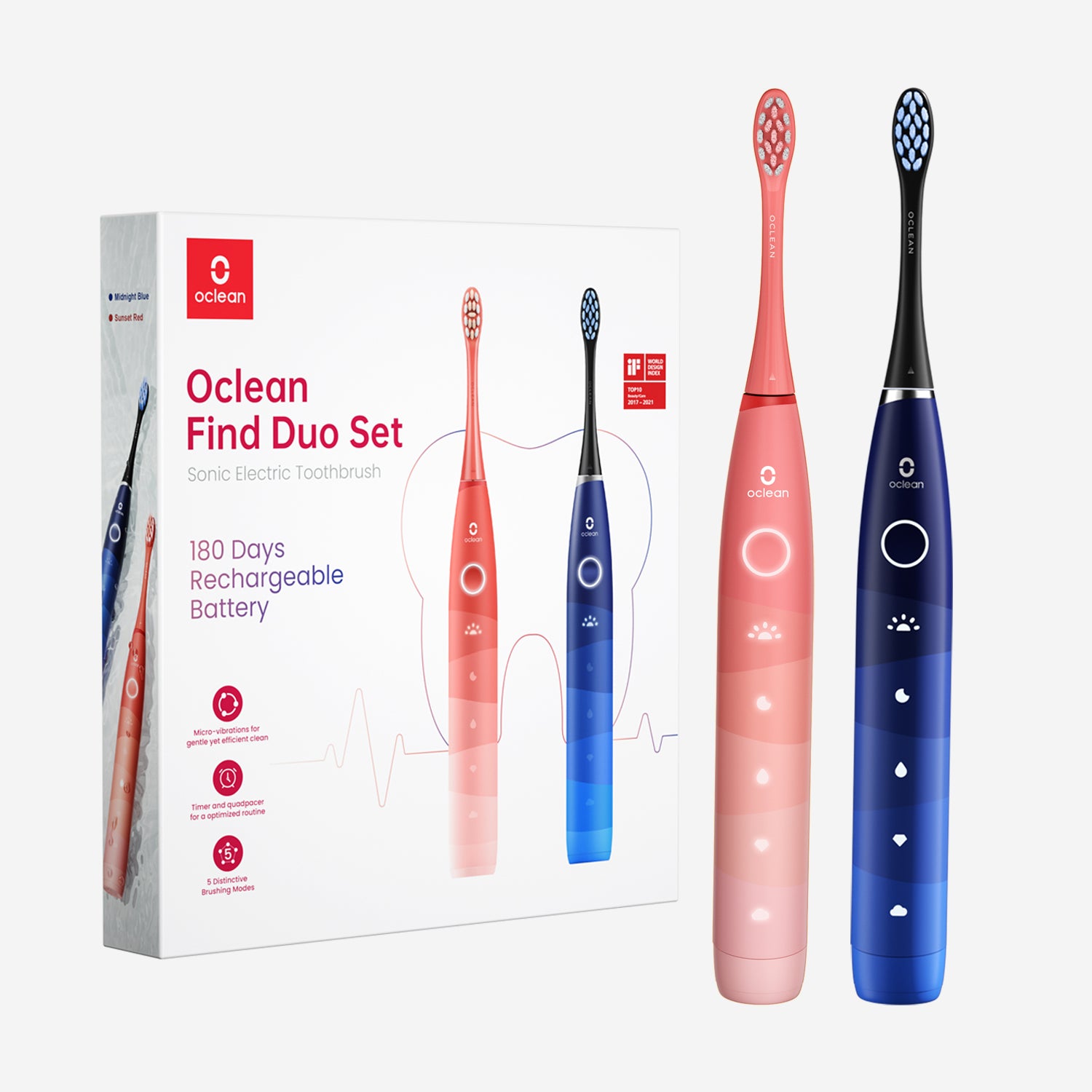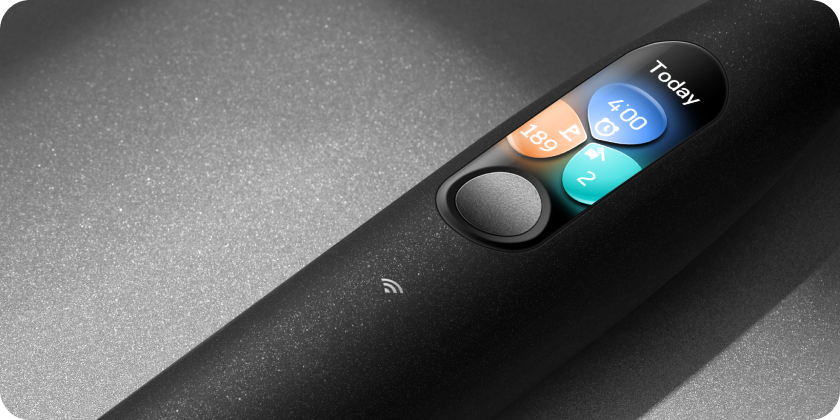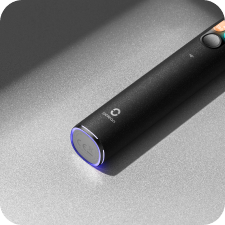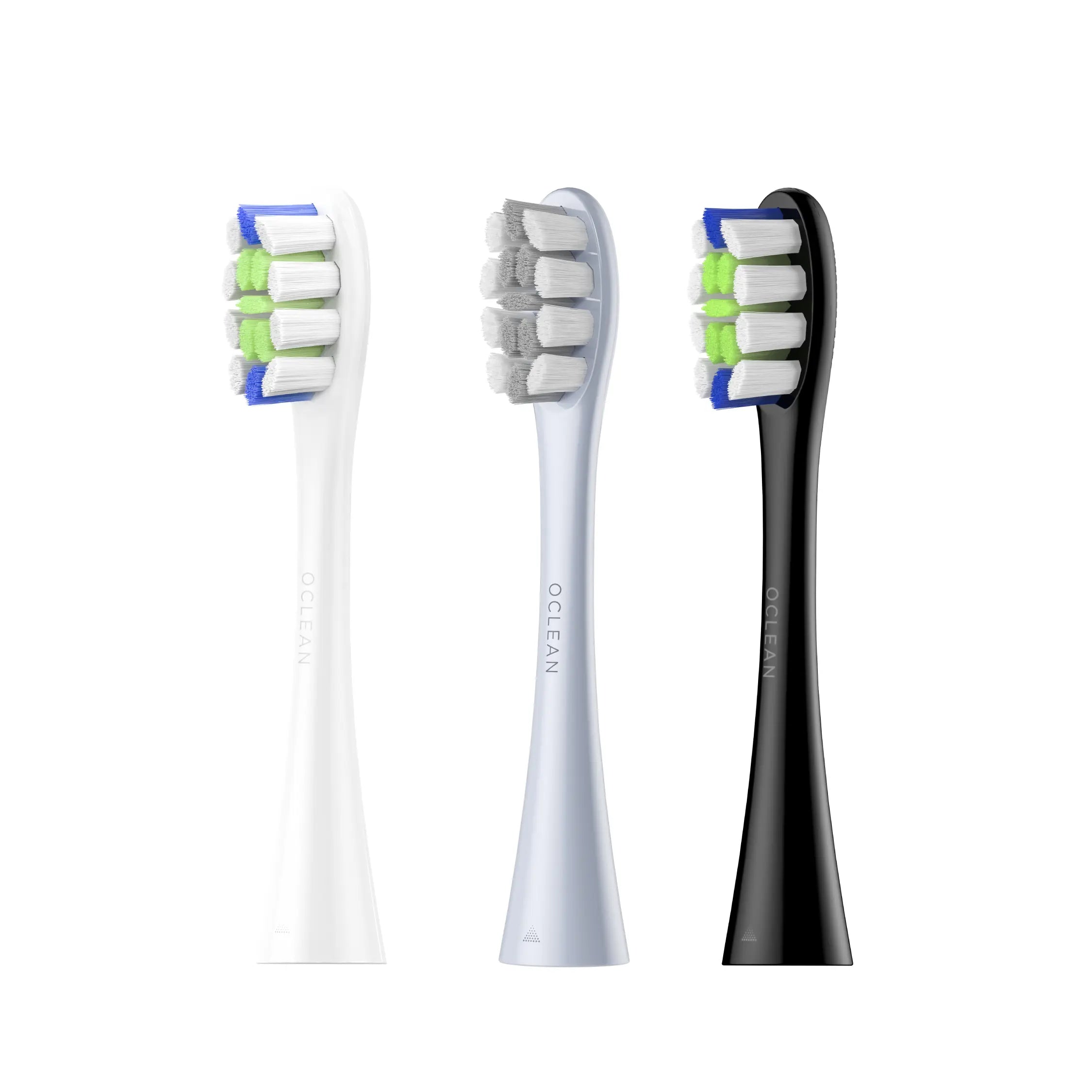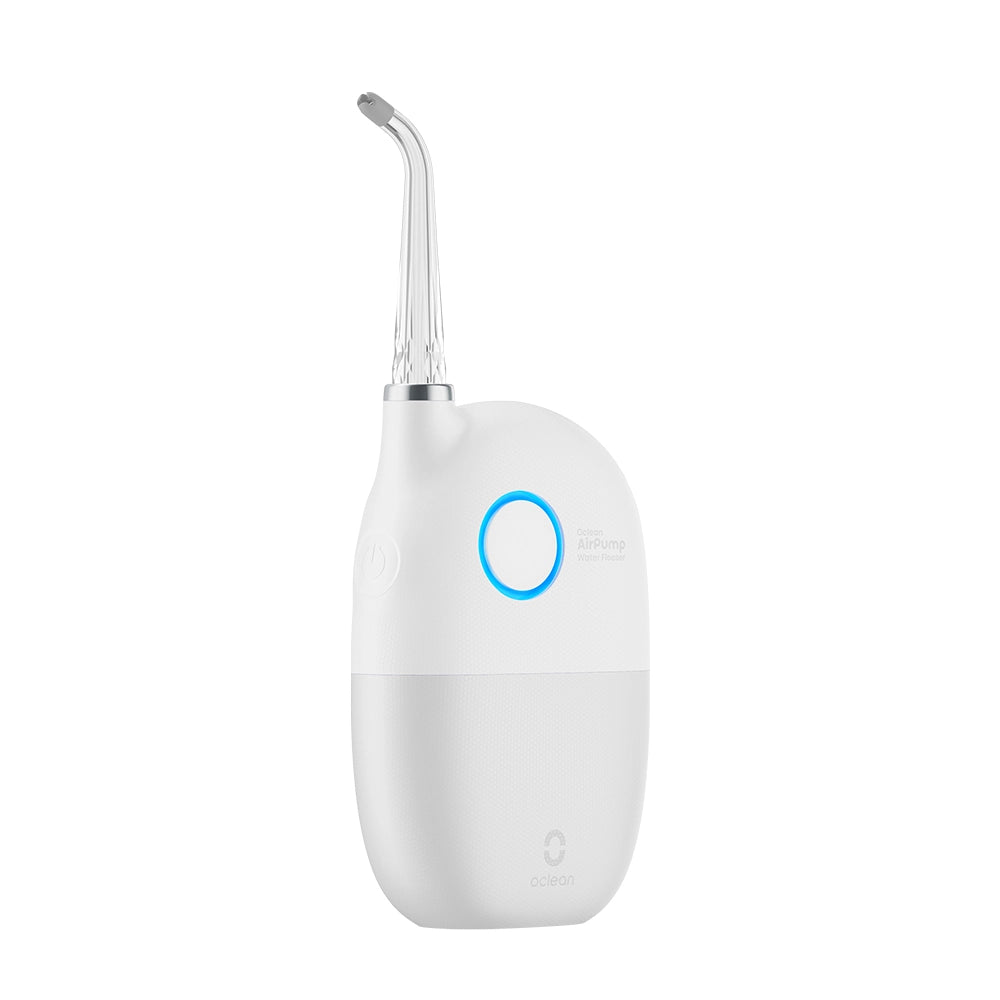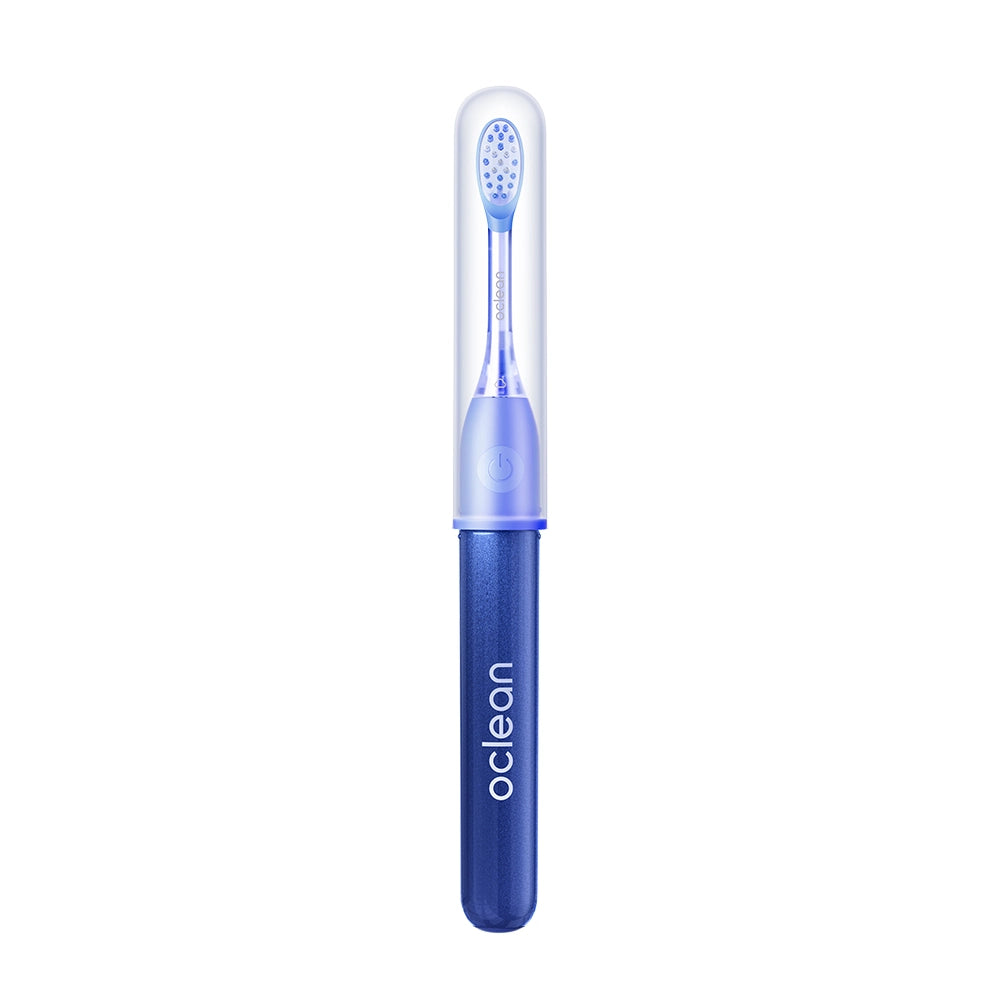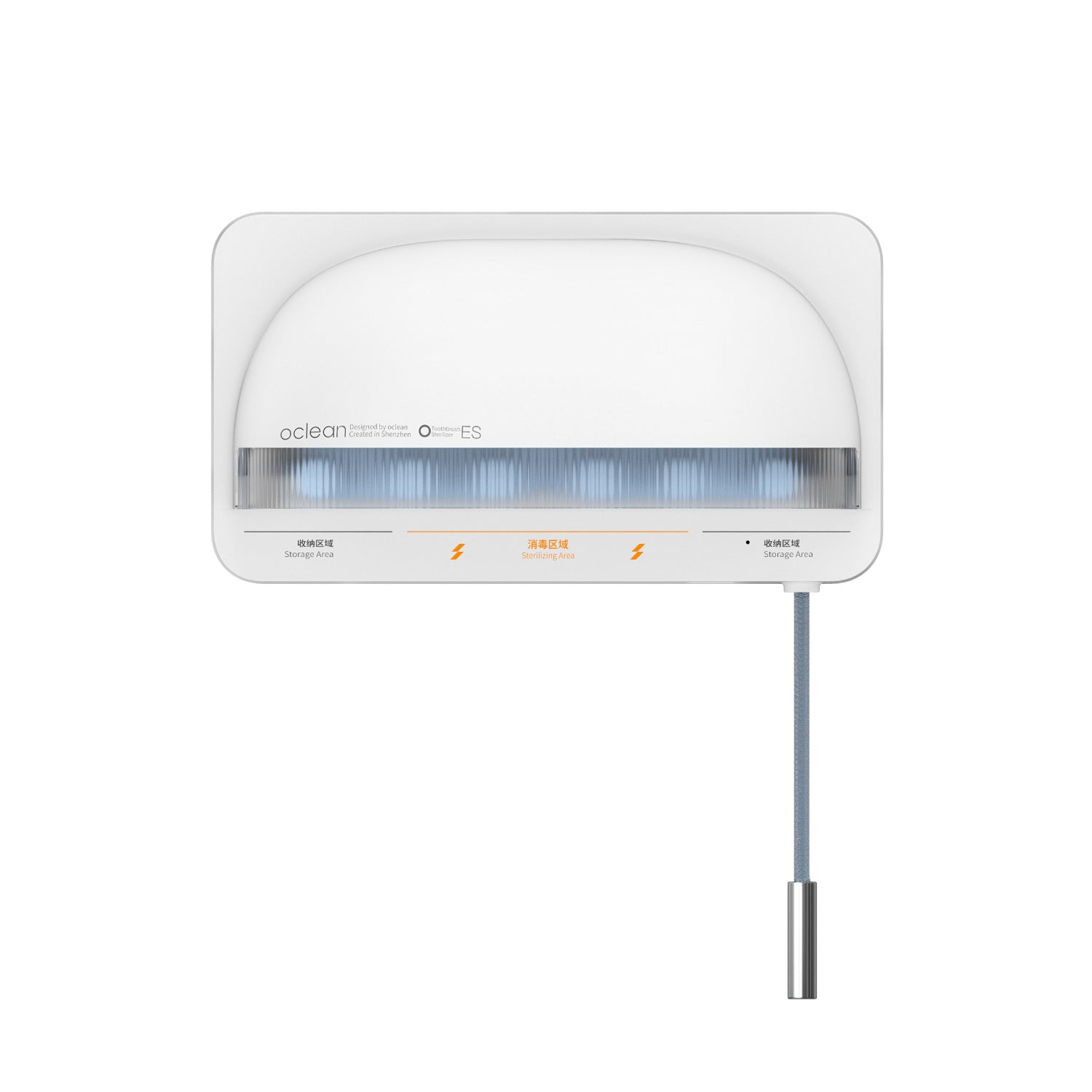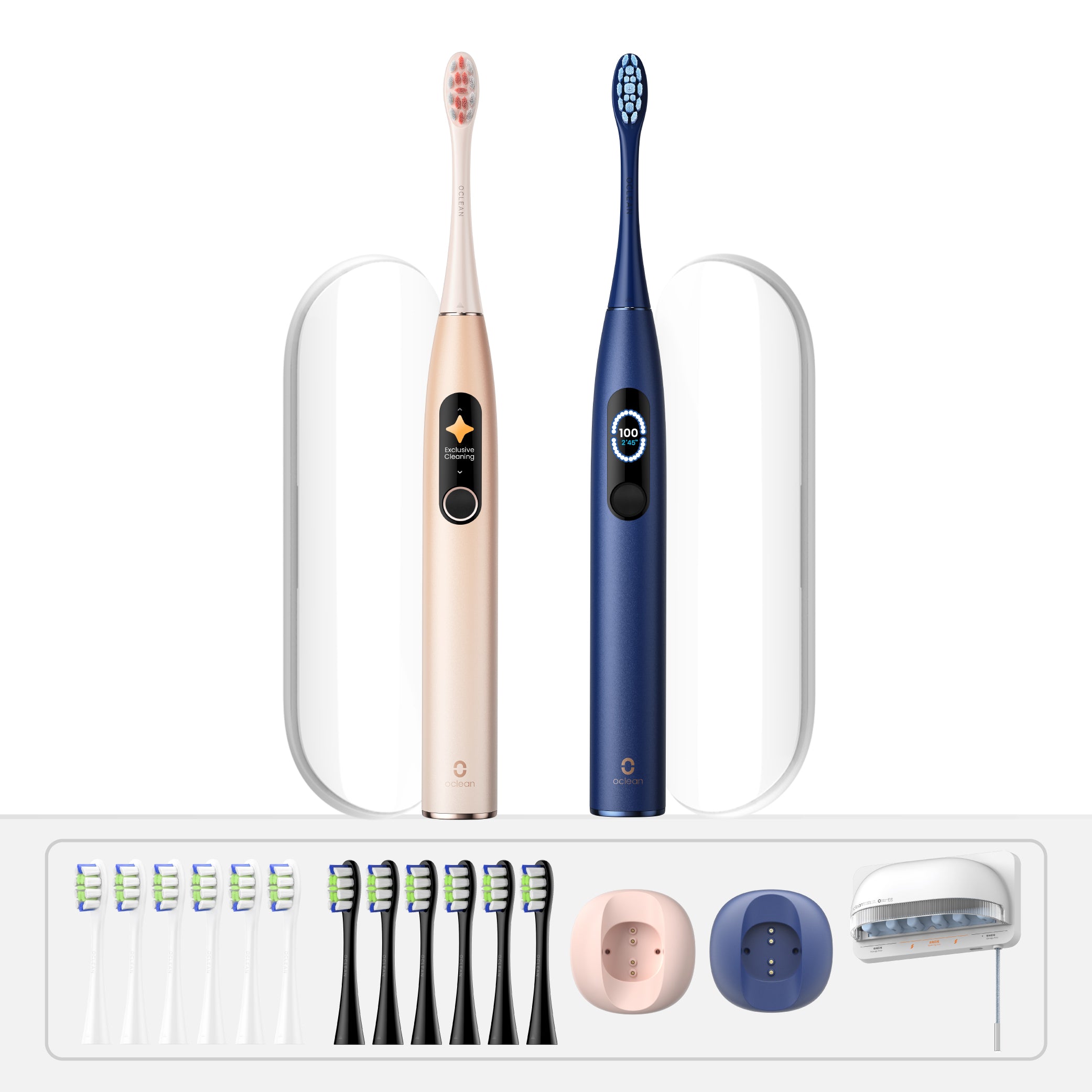Chipping a tooth is more common than you might think. Fortunately, fixing it is usually quick and easy. The cost to fix a chipped tooth typically falls between $100 and $2,500 or more, based on the severity of the damage and the type of treatment you need.

According to dental statistics, minor tooth chips are smoothed out or bonded for less than $100, but crowns, veneers, or root canals may cost several hundred dollars.
Common Causes of Chipped Teeth
Everyday habits, mishaps, or even grinding at night can result in chips or cracks. Some of the most common reasons for chipped teeth include:
- Biting hard objects like ice, hard candy, or pens
- Mishap or sports traumas [1]
- Teeth grinding at night (bruxism)
- Bottle opening, tearing packets, or cutting tape with your teeth
- Irregular chewing pressure
If you have a chipped tooth, here are the things to do right away:
- Rinse your mouth with warm salt water to keep it clean
- Put gauze if it bleeds
- If sharp, cover it with wax or sugarless gum
- Call your dentist and try to schedule an appointment on the same day.
How Much Does It Cost to Fix a Chipped Tooth?
The cost of fixing a chipped tooth ranges from $100 to $2,500 or more, depending on how large the chip is and what kind of treatment the tooth will require. Small chips involving only the enamel tend to be the least expensive to fix, while deeper fractures affecting the tooth structure—or requiring a crown or implant—can be significantly more costly.
Chipped Tooth Treatments and Costs
The best repair for a chipped tooth would depend on the size of the damage. These are the standard treatments for a chipped tooth and what they usually cost:
1. Dental Bonding
Best for minor chips, bonding is quick and affordable. Your dentist applies a tooth-colored resin over the affected area, molds it, and hardens it with light. It matches naturally and restores function. [2]
Cost: Around $100–$400 per tooth.
2. Dental Veneers
For cosmetic chips—especially on front teeth—veneers are a great cosmetic choice. Porcelain or resin veneers are thin shells of material that cover the front of the tooth and offer a perfect look.
Cost: Generally $500–$1,500 per tooth.
3. Dental Crowns
If a majority of the tooth is chipped or painful, a crown will be required. It covers the entire tooth, protecting it from further harm while adding shape and strength.
Cost: Usually $800–$2,000 for a crown, depending on the type.
4. Dental Implants
When the tooth is too compromised to fix, it can be removed and replaced with an implant. This is where a titanium post is inserted into your jaw and crowned. It's a natural-looking, permanent solution. [3]
Cost: Can be $1,500–$3,000 or more per tooth.
5. Root Canal Therapy
If the chip went deep enough to affect the pulp (nerve) of the tooth, a root canal may be needed before a crown. It removes infected tissue and saves the natural tooth.
Cost: Usually $700–$1,500, depending on the tooth and complexity.
Chipped Tooth Treatment Options & Estimated Costs
|
Treatment |
Best For |
Estimated Cost (Per Tooth) |
|
Dental Bonding |
Small chips & quick fixes |
$100 – $400 |
|
Dental Veneers |
Front teeth with visible chips |
$500 – $1,500 |
|
Dental Crowns |
Large chips, cracked, or painful teeth |
$800 – $2,000 |
|
Dental Implants |
Severely damaged or unsalvageable teeth |
$1,500 – $3,000+ |
|
Root Canal Therapy |
Deep chips affecting the tooth’s pulp |
$700 – $1,500 |
Factors That Affect the Cost of Fixing a Chipped Tooth
The cost can be influenced by some major factors:
- How bad the chip is: A tiny surface chip is treated with routine bonding, but a big or deep crack could result in a crown, root canal, or implant.
- Type of treatment: Routine procedures, such as fillings or bonding, are less expensive. More involved procedures, such as veneers, crowns, or implants, are expensive.
- Your region: Dental prices are usually higher in large cities or high-cost-of-living regions.
- Materials: Porcelain and luxury resins are more attractive and wear better— and are more expensive, too.
- Insurance plan: Your dental insurance may pay for part of the procedure, particularly if the repair is medically required. Cosmetic fixup may not be covered.
- Additional steps: X-rays, appointments, or after-work visits may add up to the overall cost.
Does Dental Insurance Cover Chipped Teeth?
It's all up to your plan. Most dental plans do cover fixing cracked teeth, especially if the crack interferes with chewing, is painful, or could lead to other dental issues. However, cosmetic fixes (like veneers) might not be.
To save on costs:
- Check your insurance benefits
- Pay tax-free through your HSA or FSA
- Ask your dentist about payment options or financing
How Long Will It Take to Repair a Chipped Tooth?
Minor chips can usually be done in one visit—polishing or bonding may take under an hour. Crowns or veneers might take two visits, and dental implants might take months to heal. All the simple repairs are quick, but even lengthy repairs are well worth it for a healthy, confident smile.
Preventive Measures to Avoid Chipping a Tooth
Don't use your teeth as tools: Refrain from using your teeth to open packages, bottles, or tear tape.
Avoid chewing hard objects: Ice, popcorn, pens, and even fingernails may over-strain your enamel.
Wear a mouthguard: If you grind your teeth during sleep or participate in contact sports, a custom mouthguard will guard your teeth from chips and cracks.
Use a gentle but effective toothbrush: A smart brush such as the Oclean X Pro Elite Sonic Toothbrush effectively cleanses deep without being harsh to the enamel, minimizing the chances of long-term chips.
The Bottom Line
A chipped tooth may look minor, but it can translate to greater problems if left unchecked. The cost of fixing it can vary depending on the extent of damage—anything from a simple bonding process to a more intricate crown or implant.
The majority of chipped teeth, however, are easy to fix, as long as you catch it on time. With the right care, protection, and regular visits to the dentist, you can have your smile strong and healthy for the long term.
Reference
1. Patnana, Arun K., and Tanuj Kanchan. “Tooth Fracture.” PubMed, StatPearls Publishing, 2021, www.ncbi.nlm.nih.gov/books/NBK551650/.
2. Goracci, C, et al. “Orthodontic-Restorative Treatment of Chipped or Worn Incisors.” American Journal of Dentistry, vol. 14, no. 1, Feb. 2001, pp. 50–5, pubmed.ncbi.nlm.nih.gov/11806481/.
3. Rammelsberg, Peter, et al. “Long-Term Chipping and Failure Rates of Implant-Supported and Combined Tooth–Implant-Supported Metal-Ceramic and Ceramic Fixed Dental Prostheses: A Cohort Study.” The Journal of Prosthetic Dentistry, Aug. 2020, https://doi.org/10.1016/j.prosdent.2020.05.020. Accessed 25 Sept. 2020.
Table of Contents
